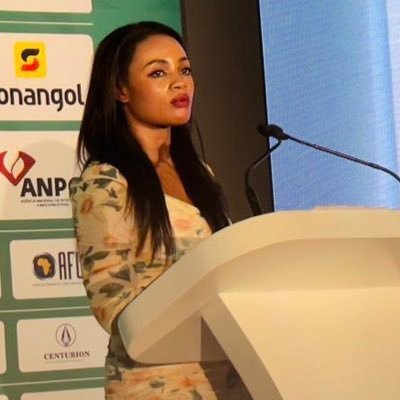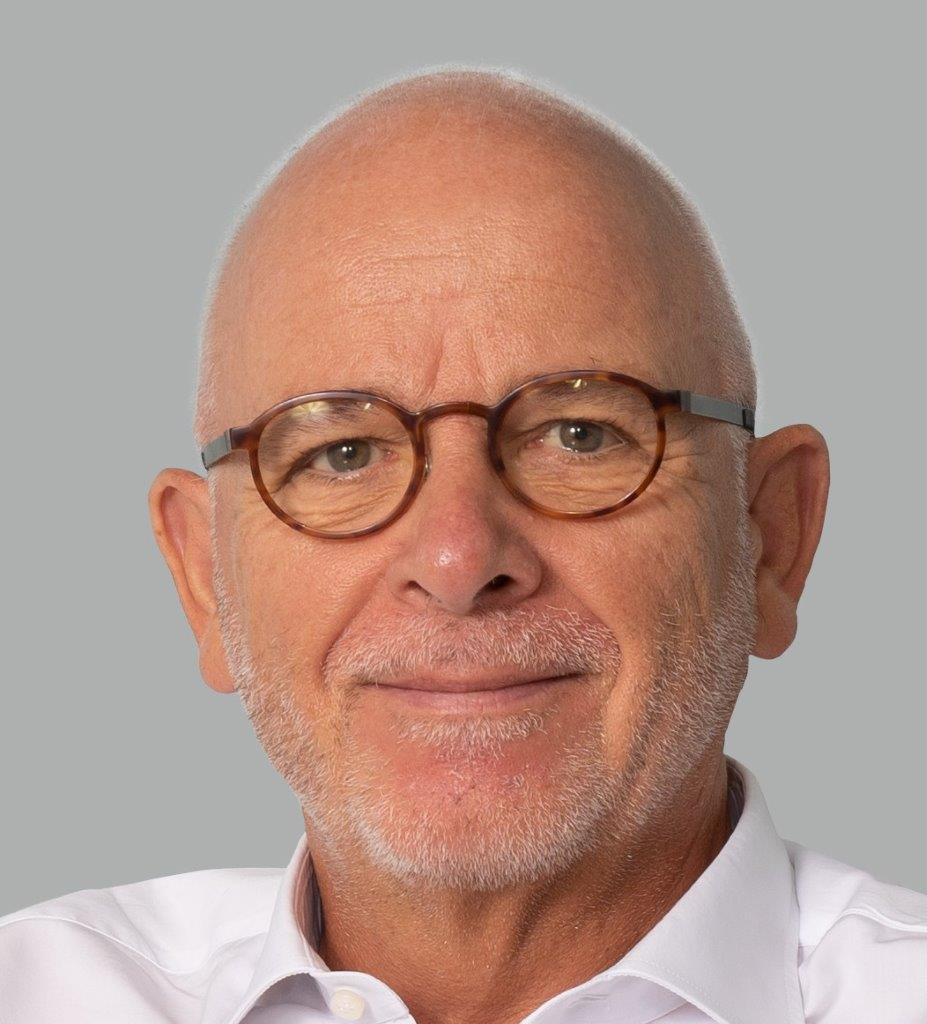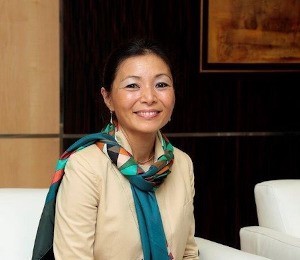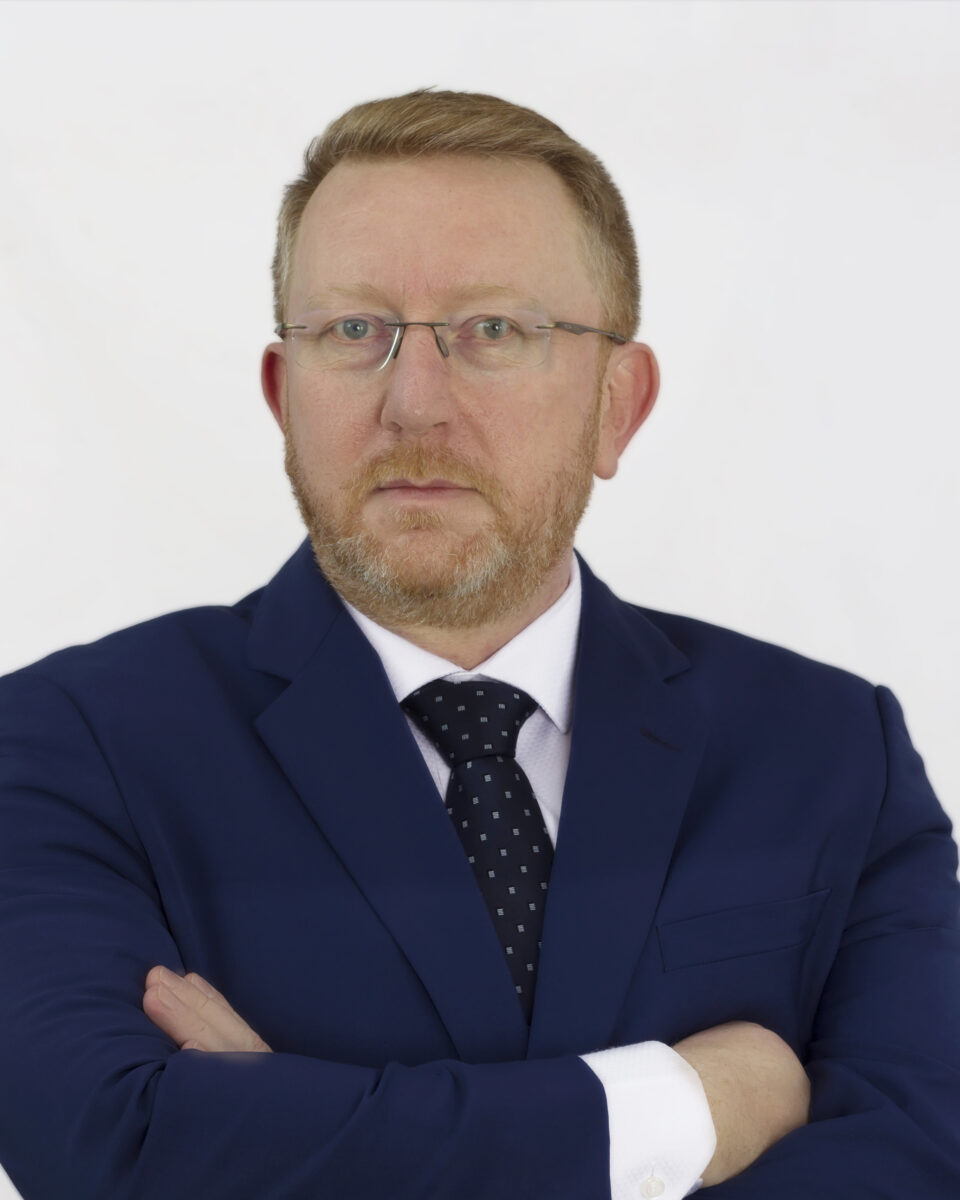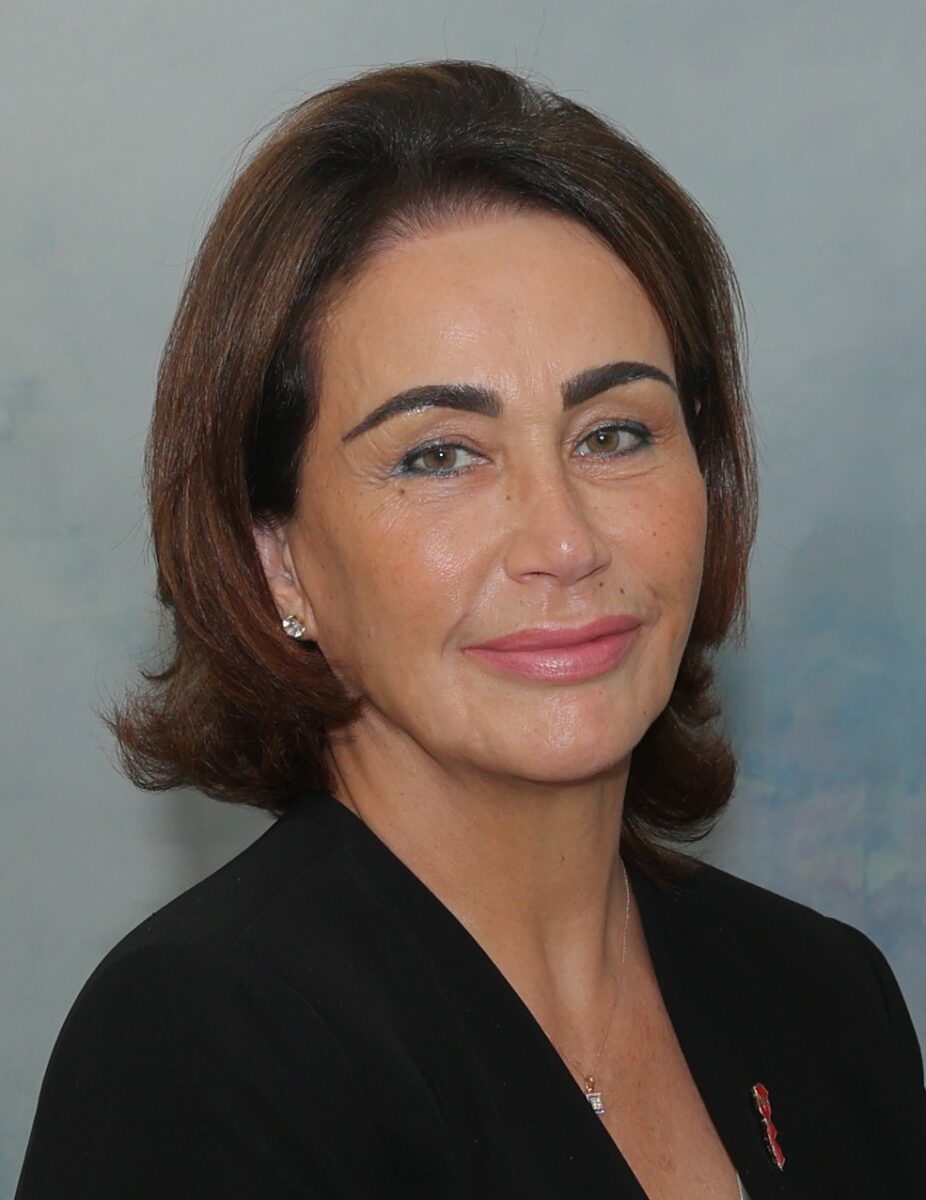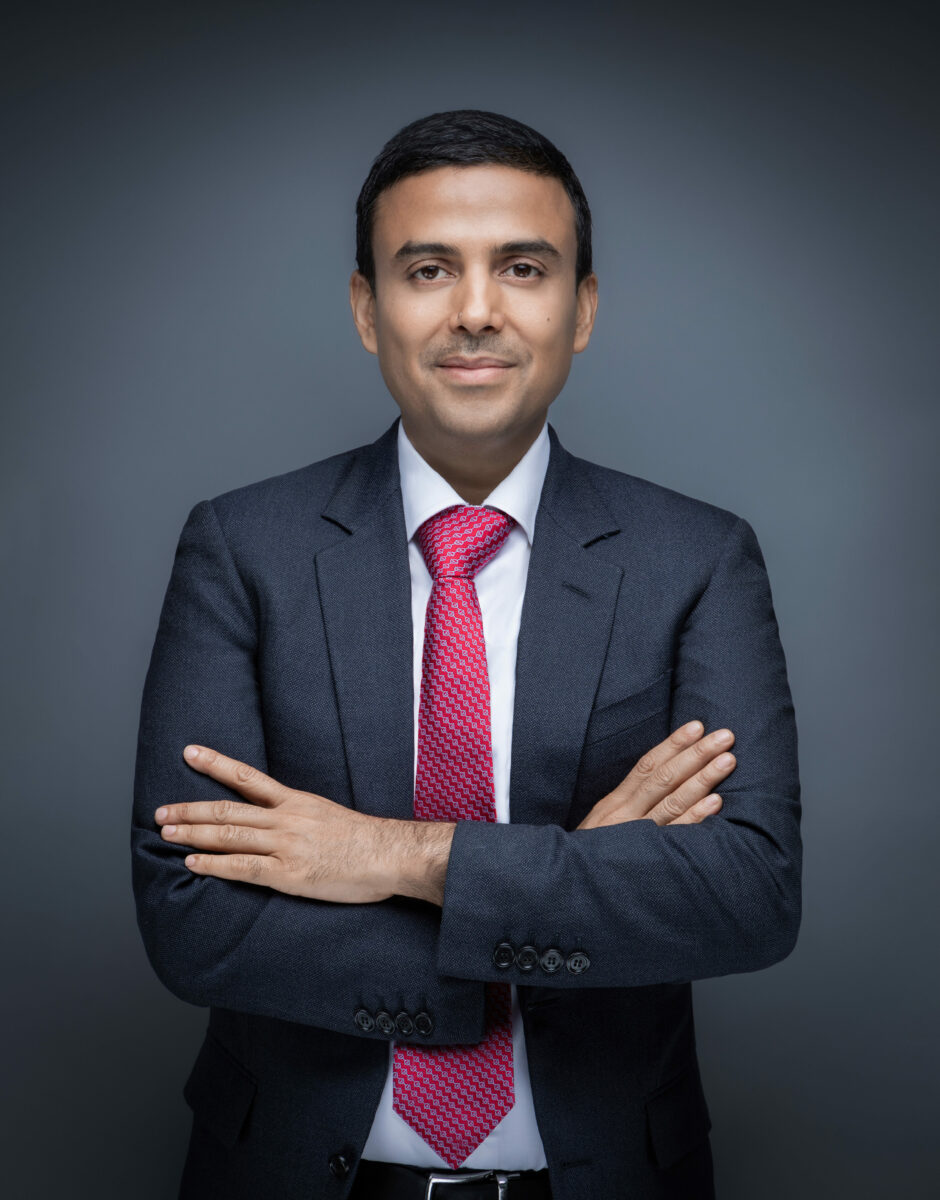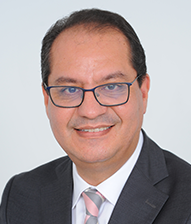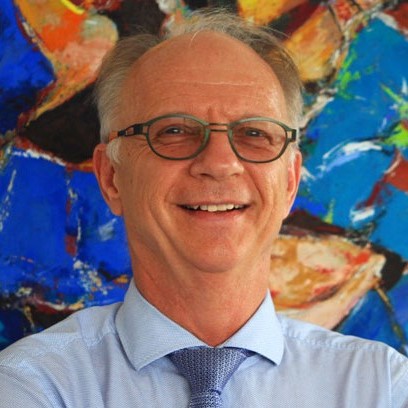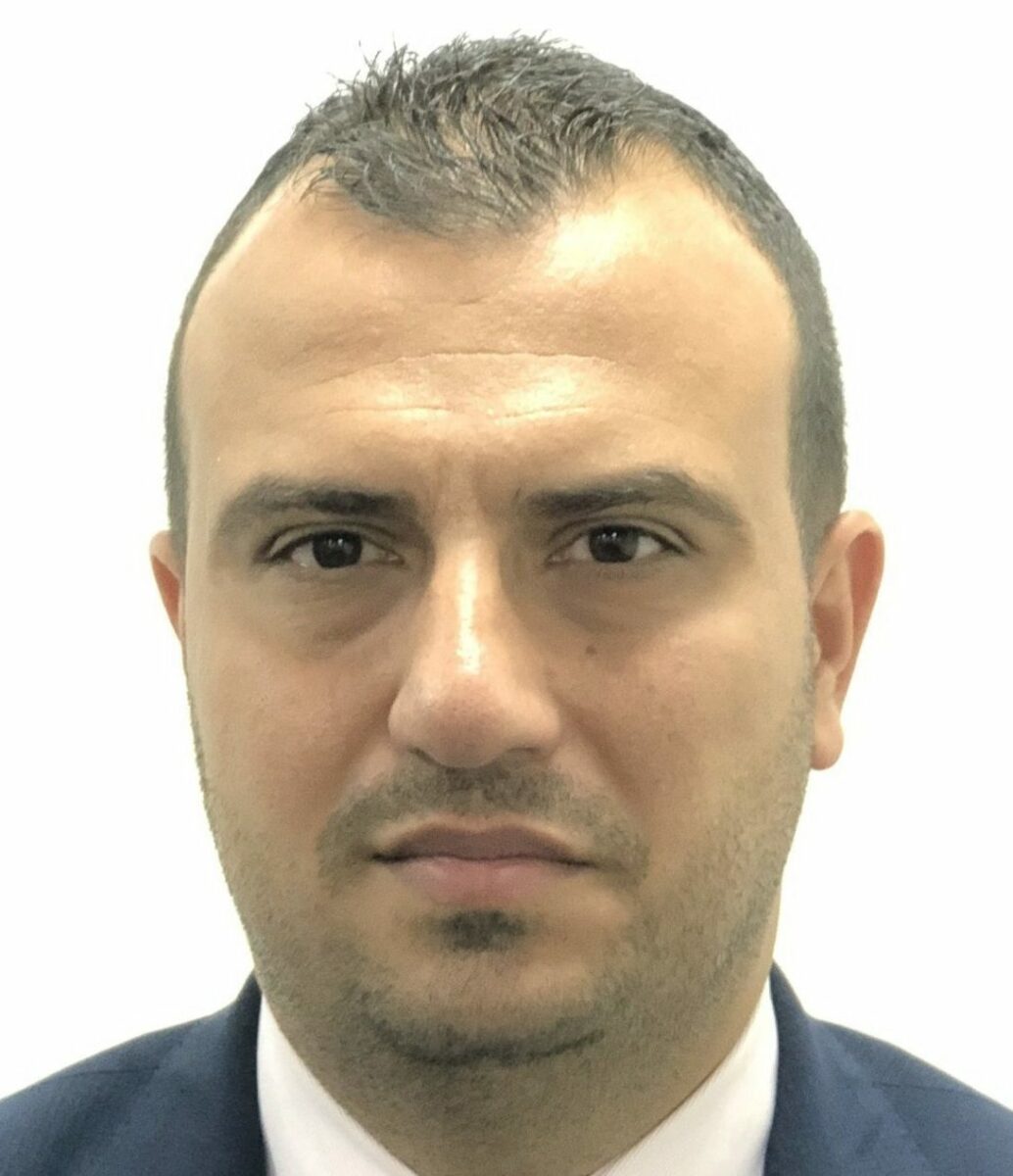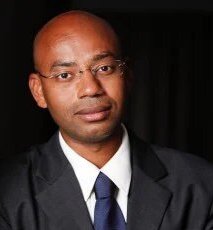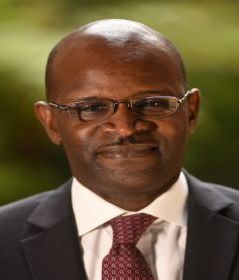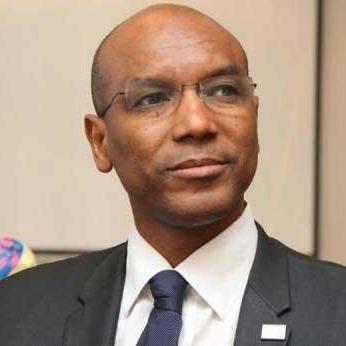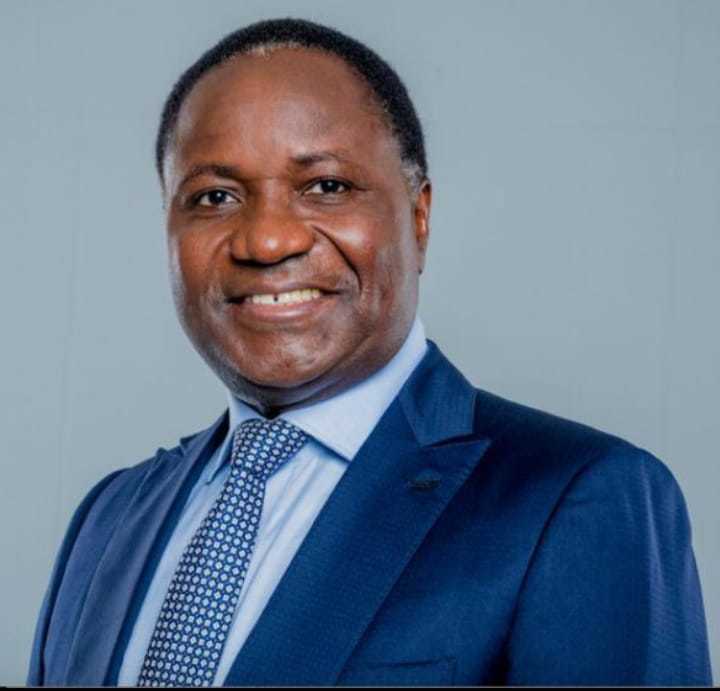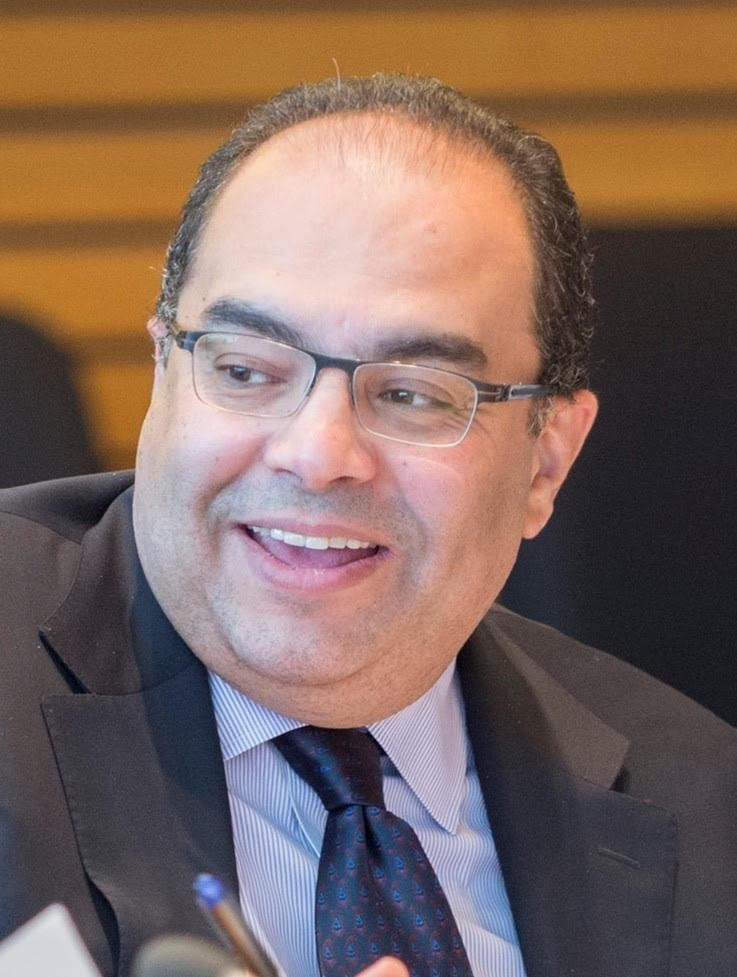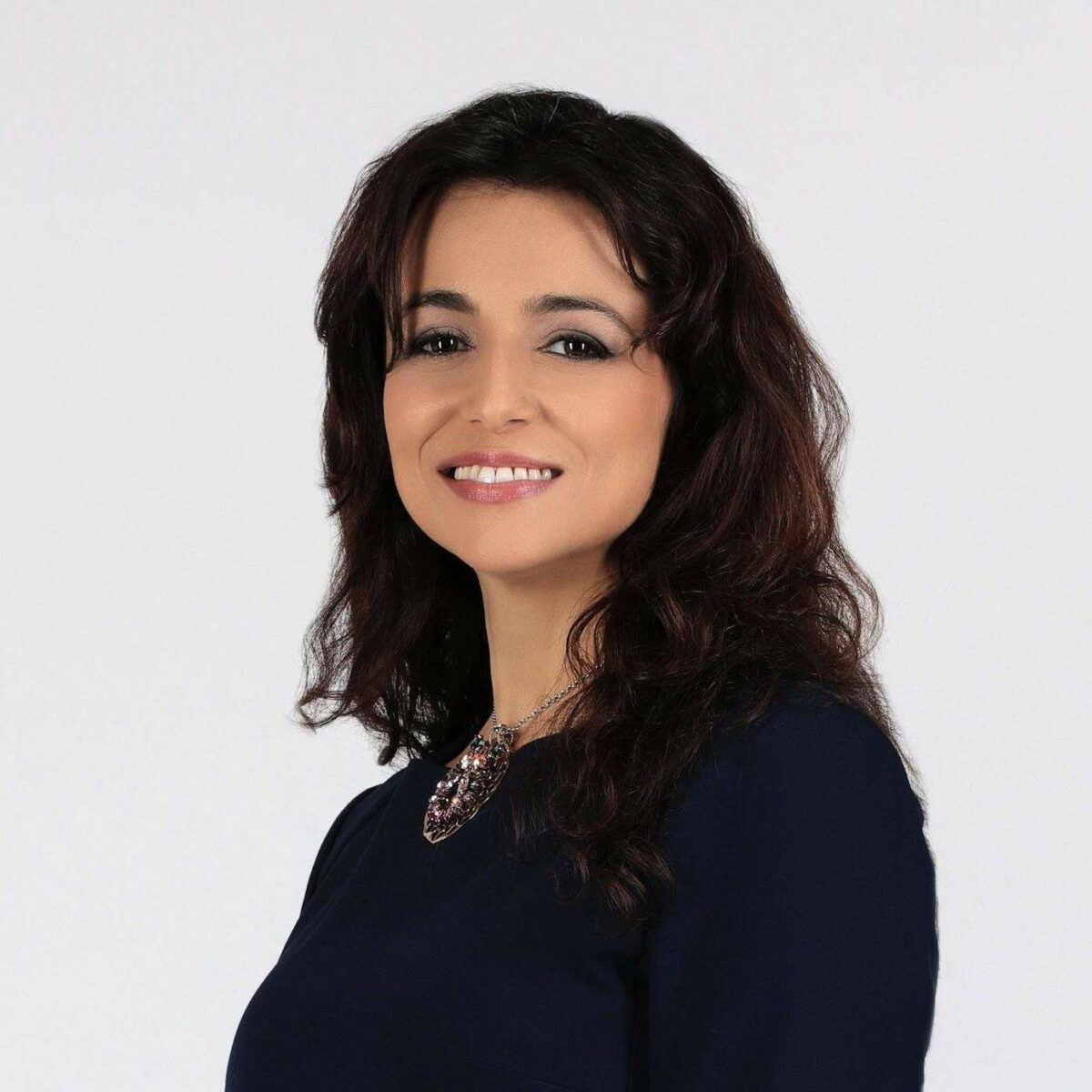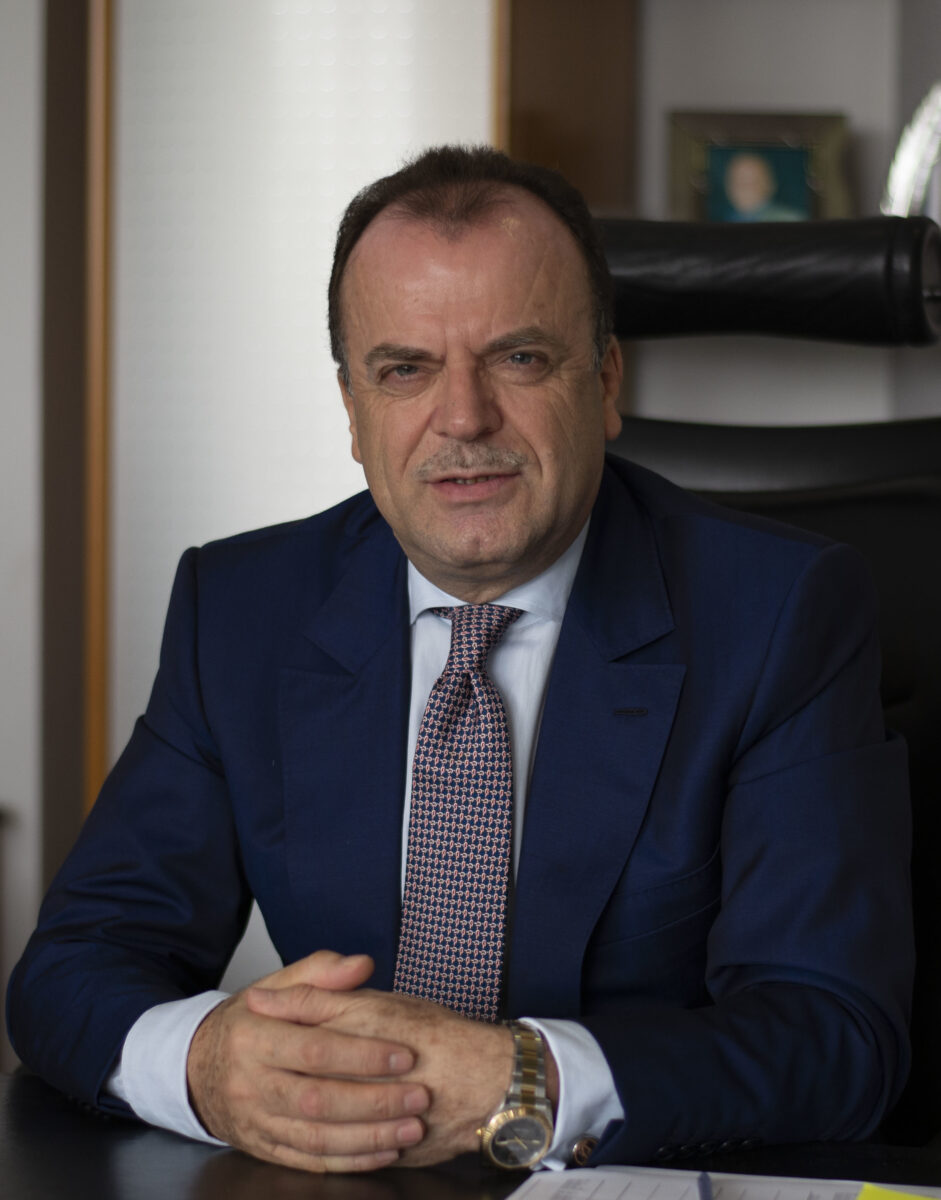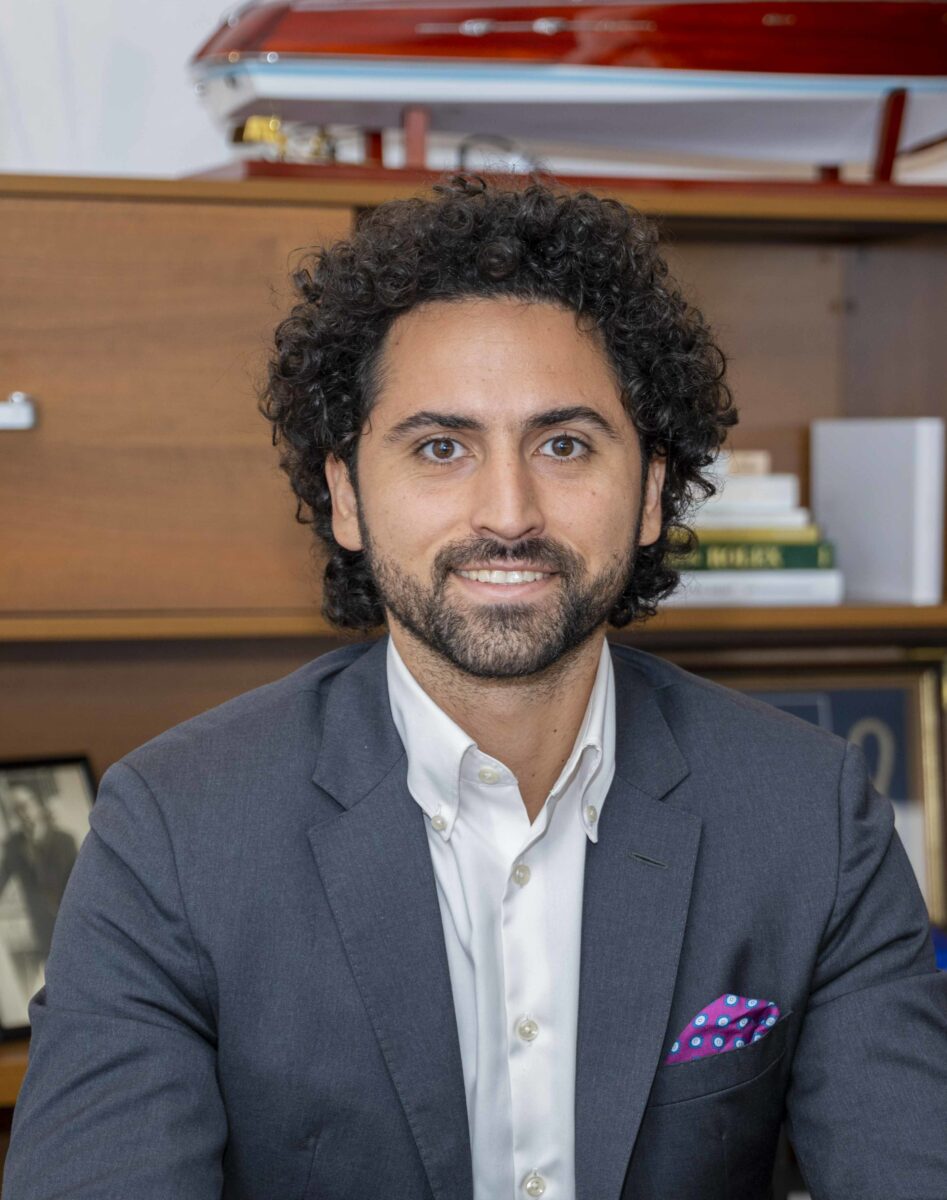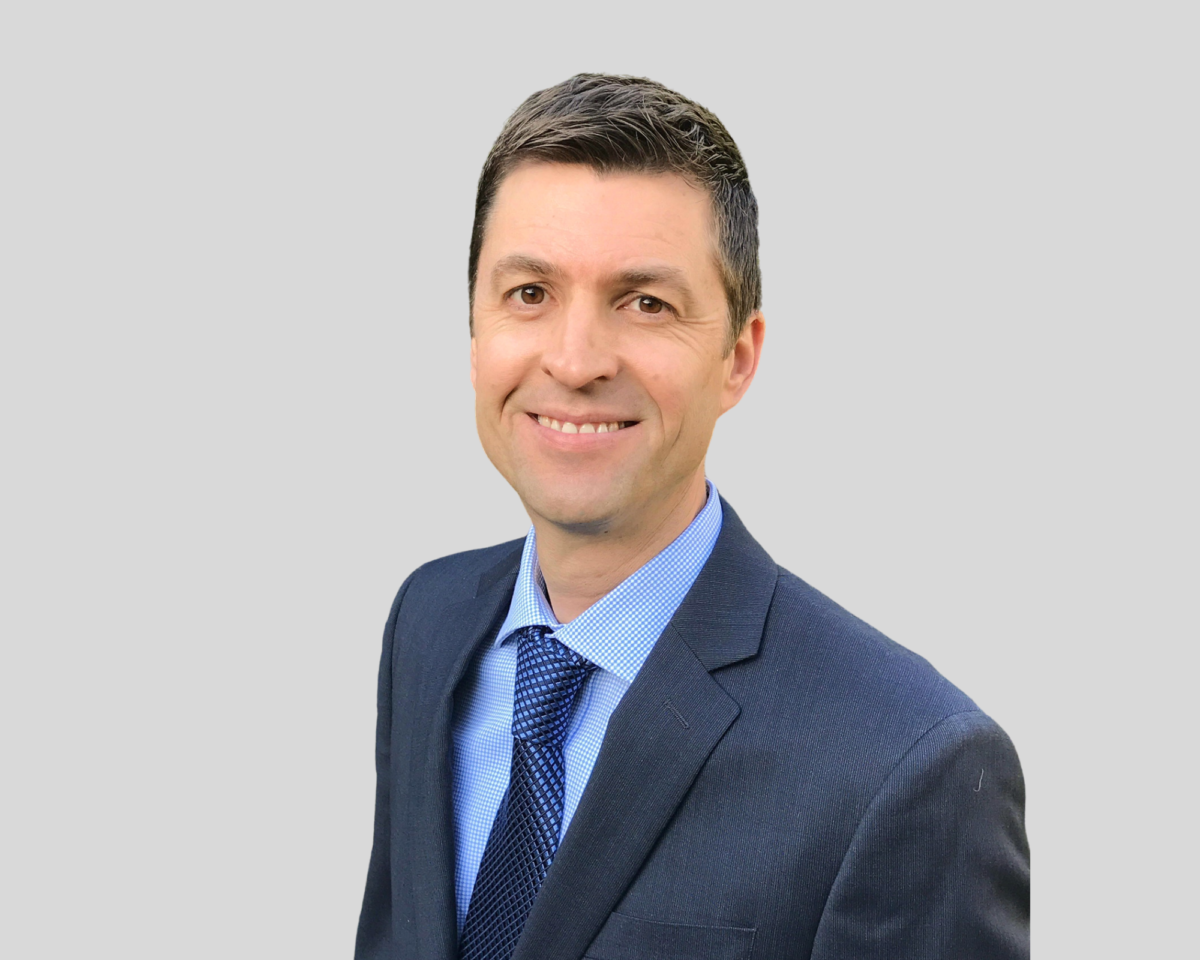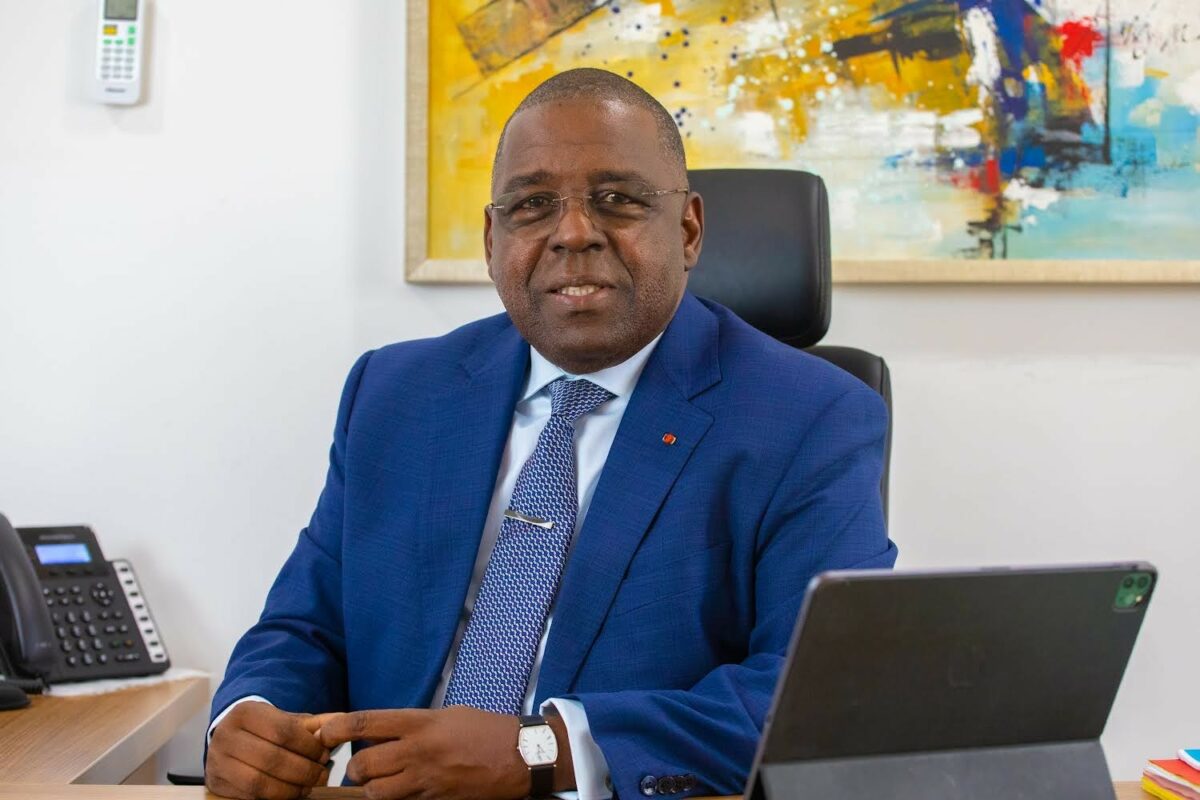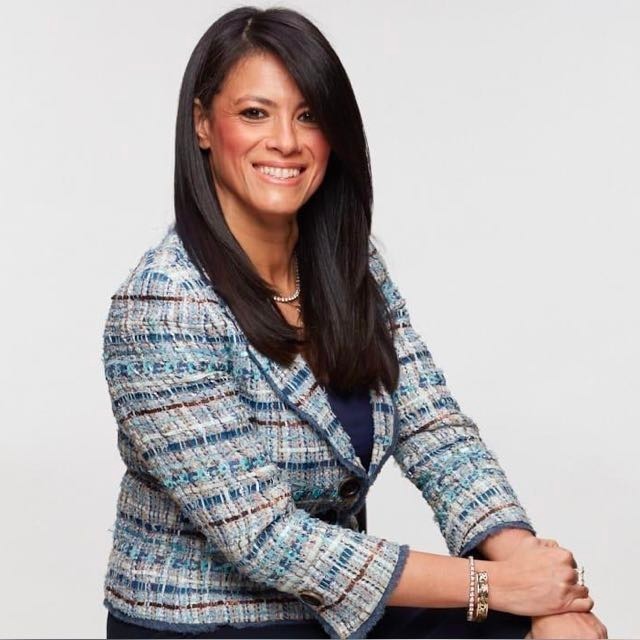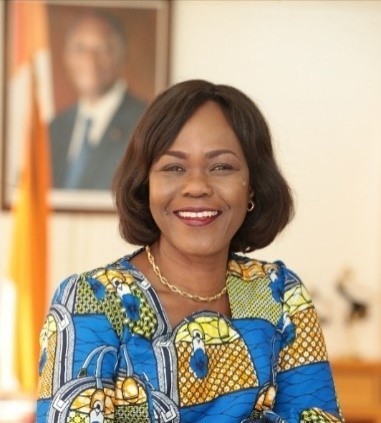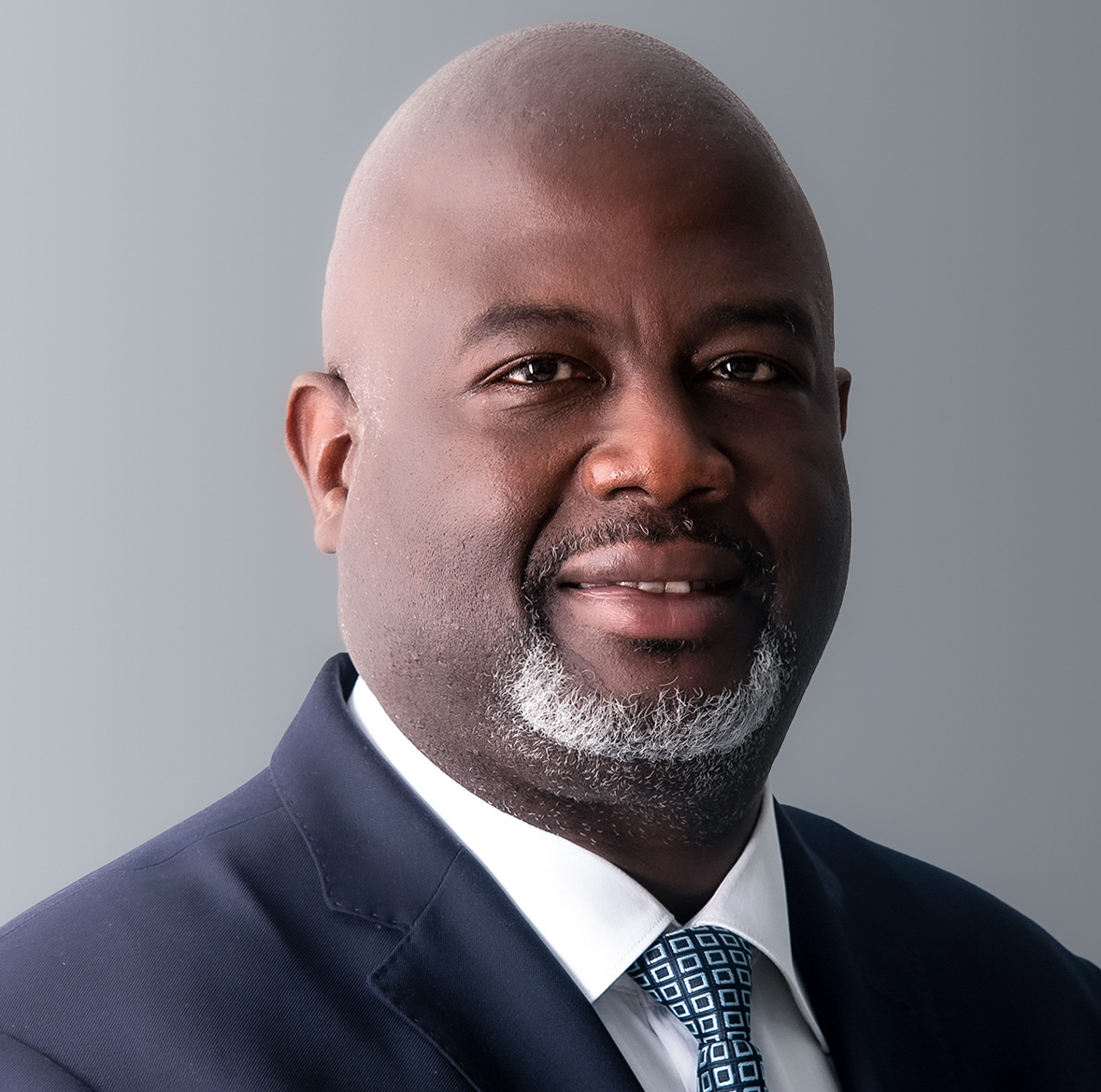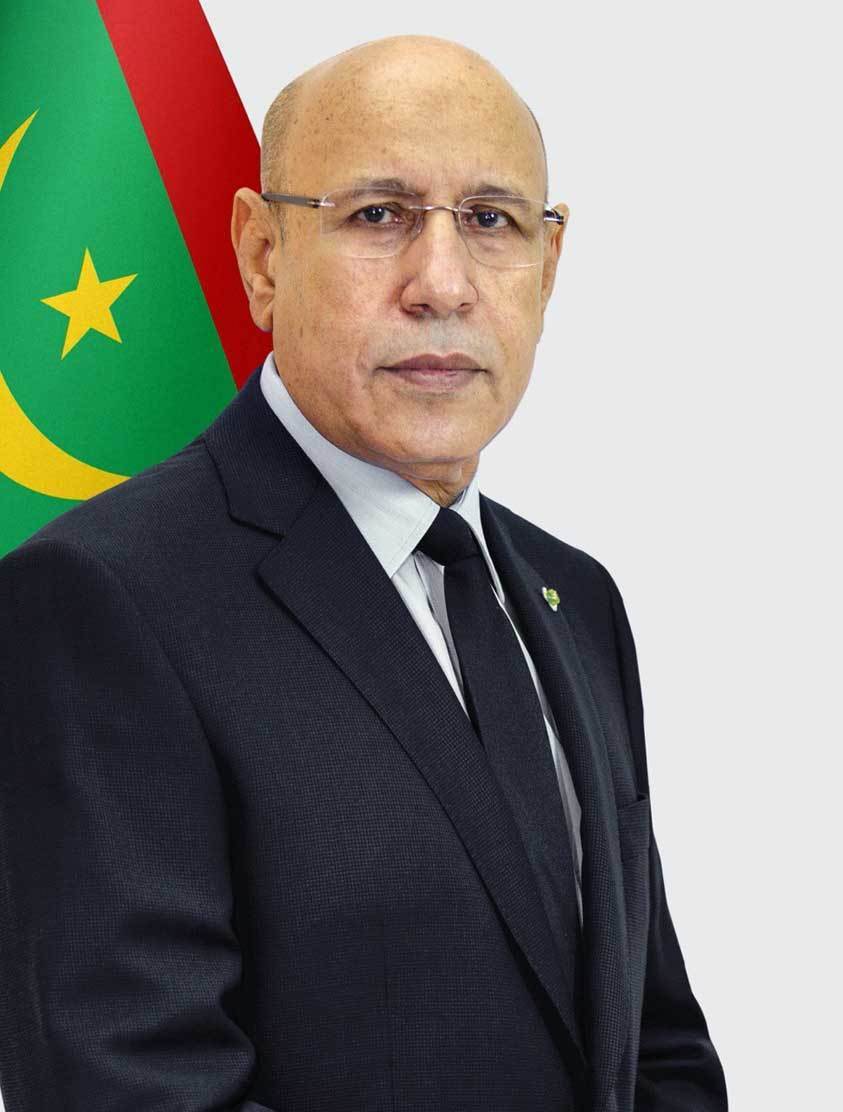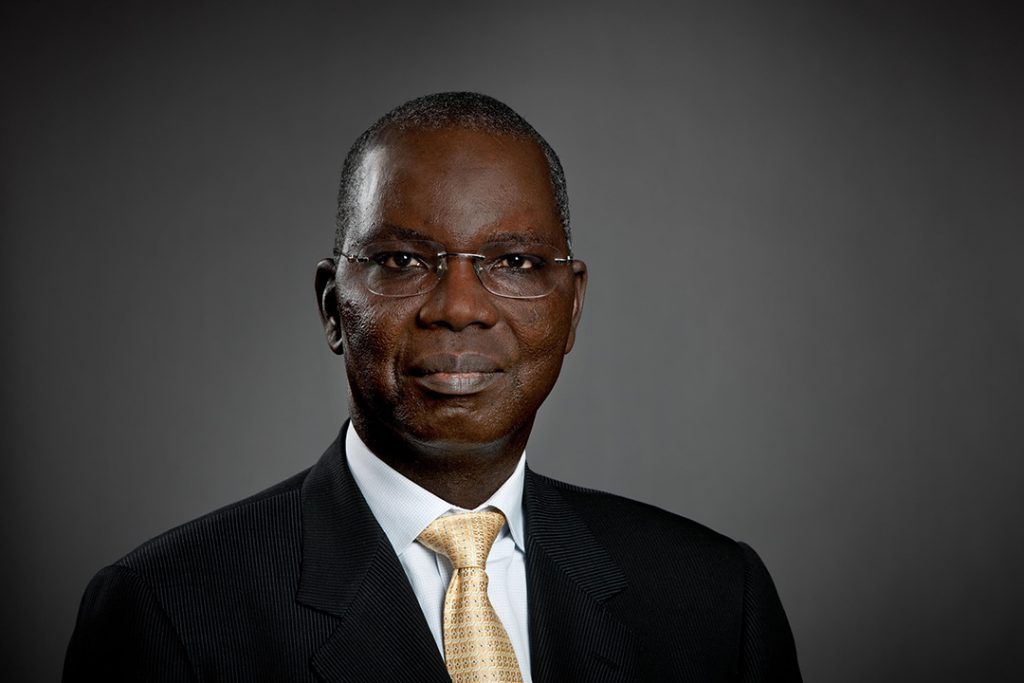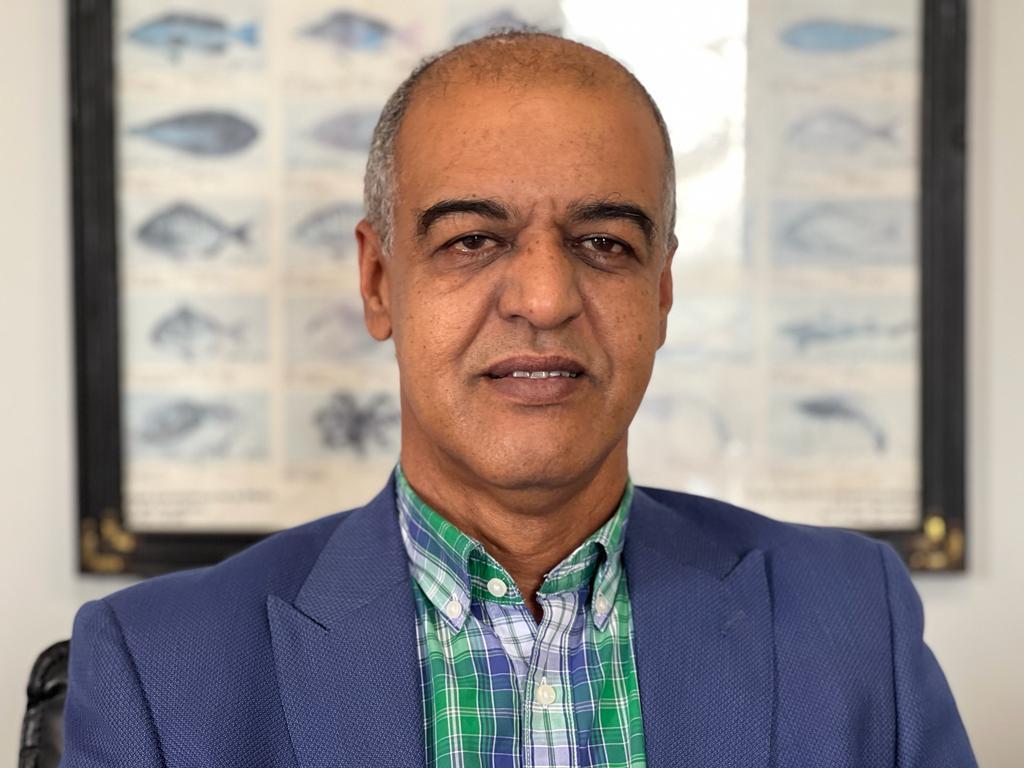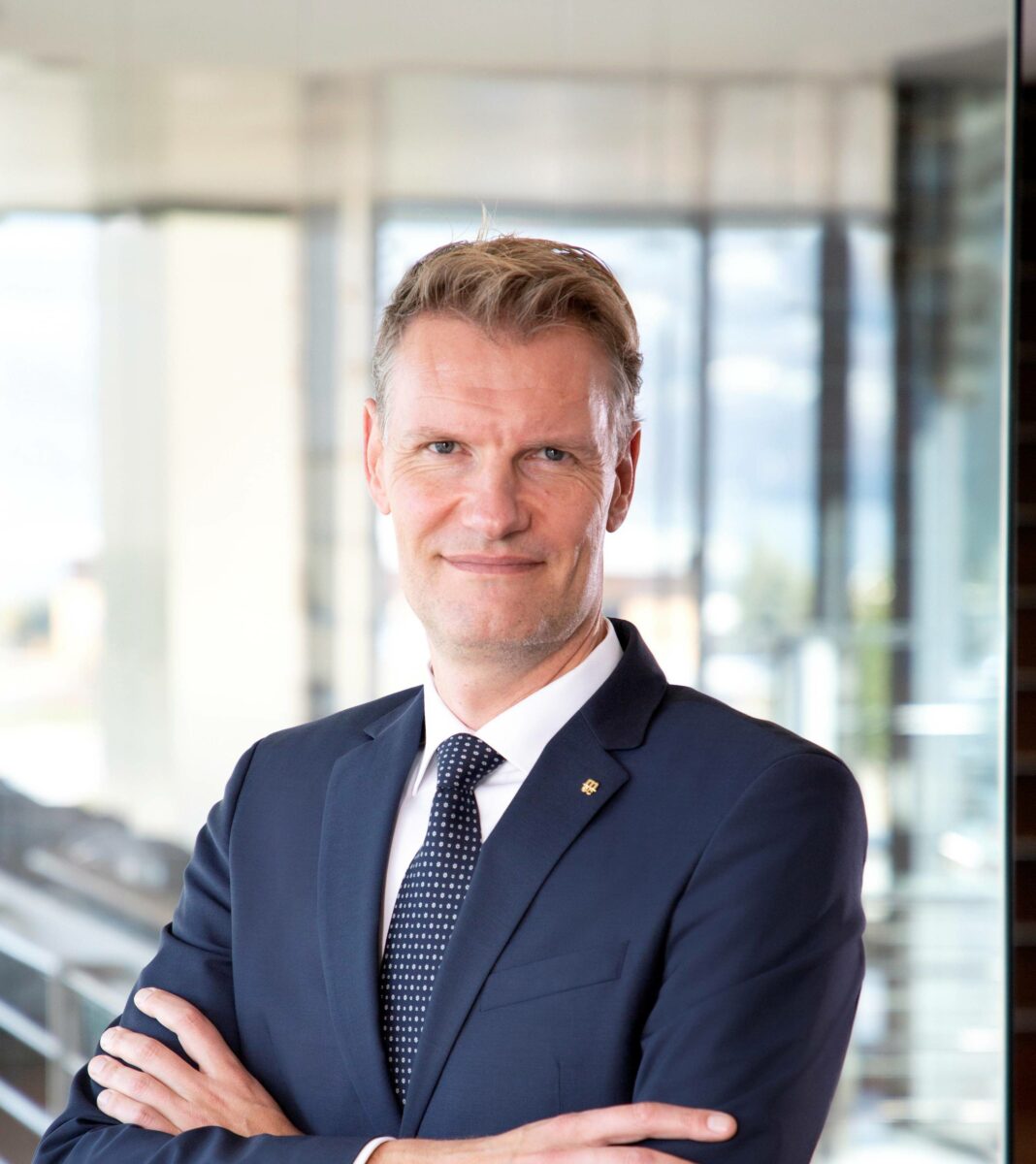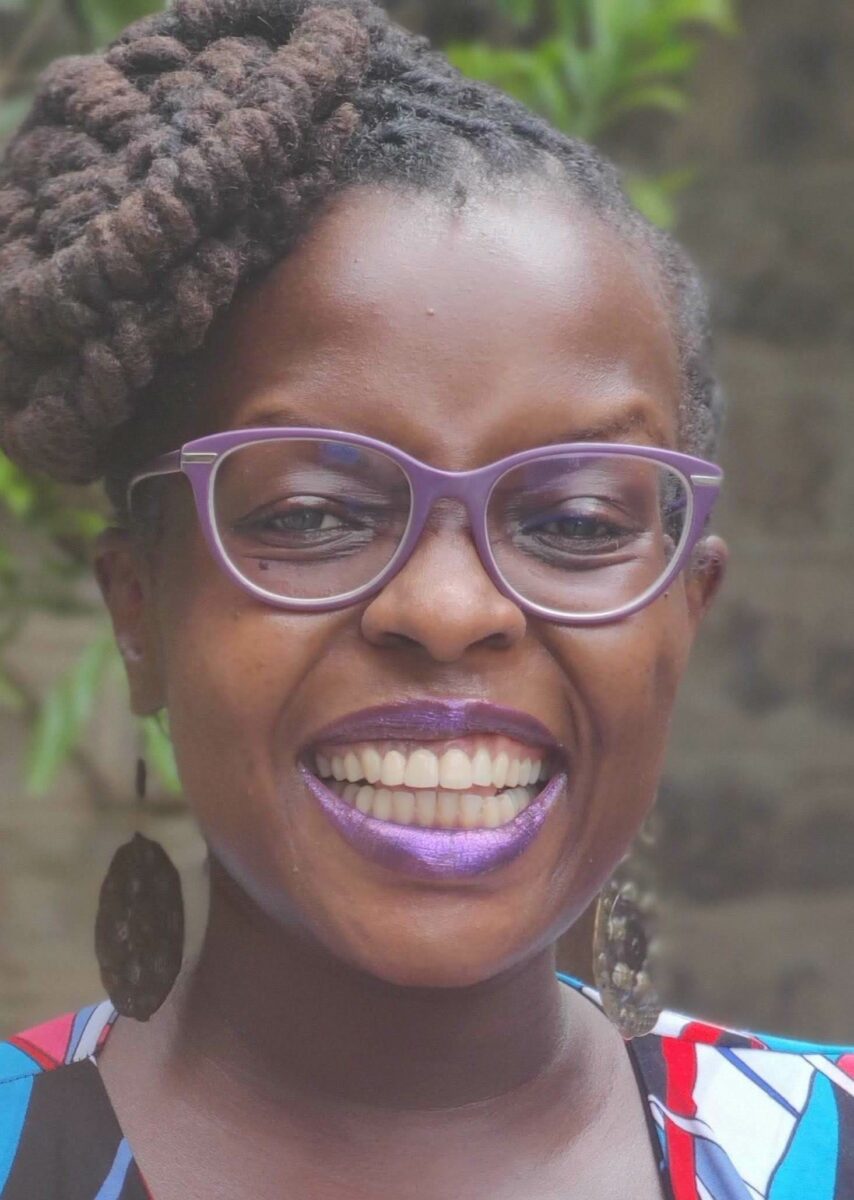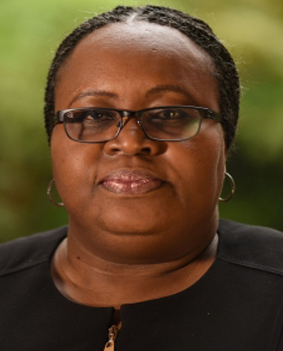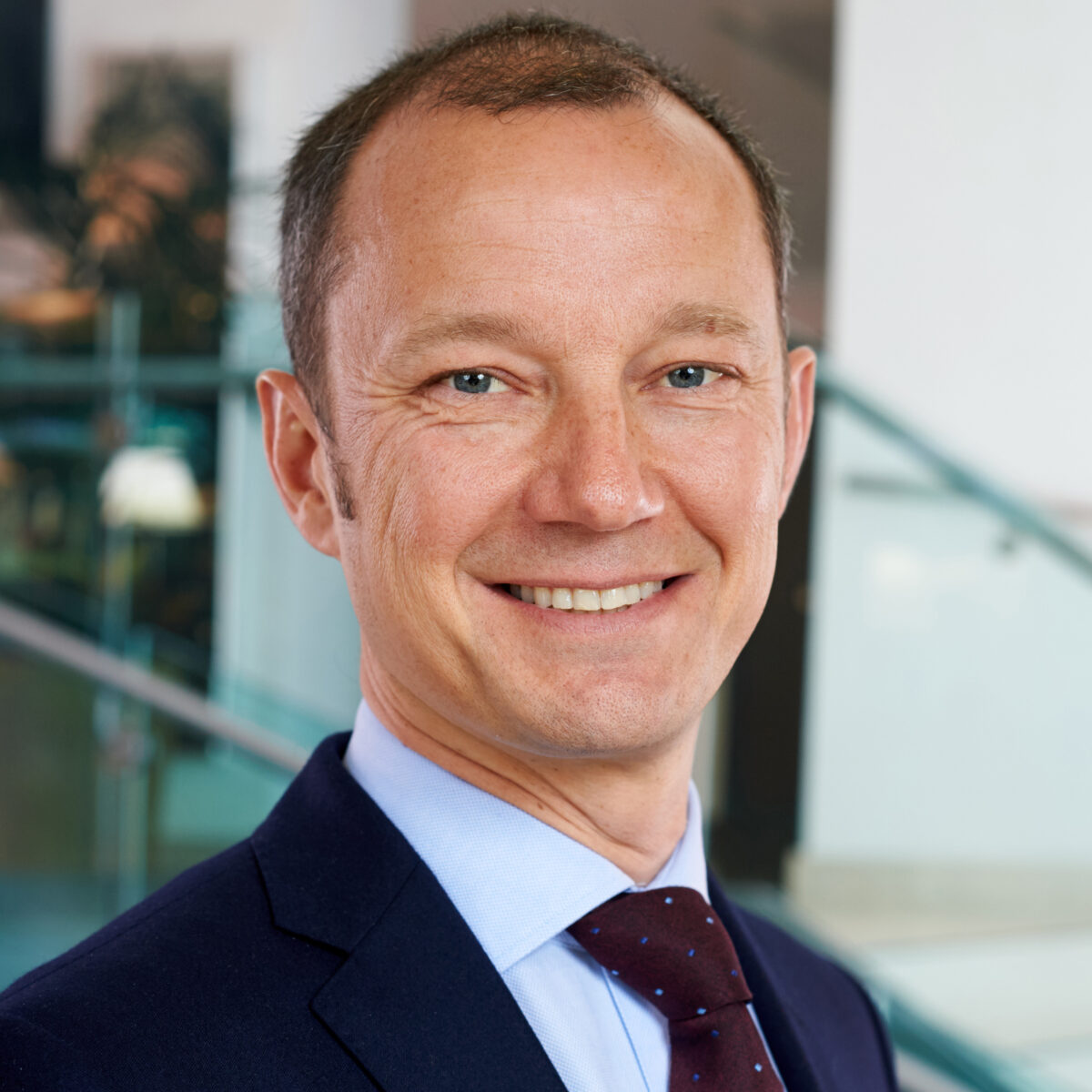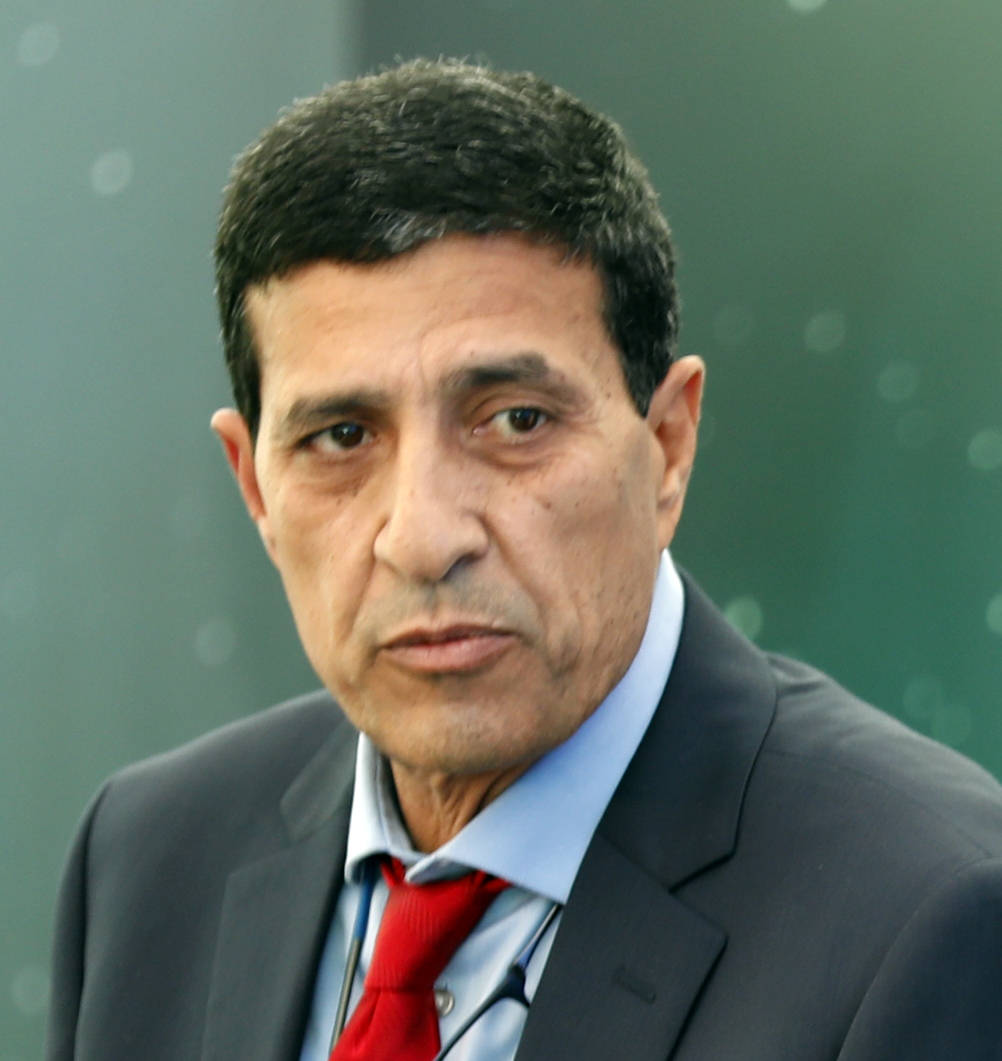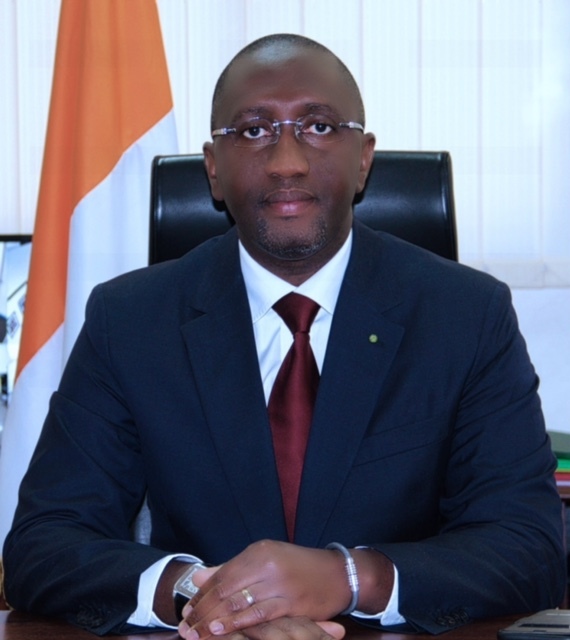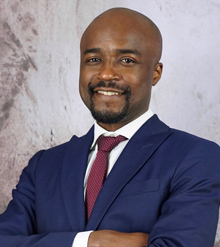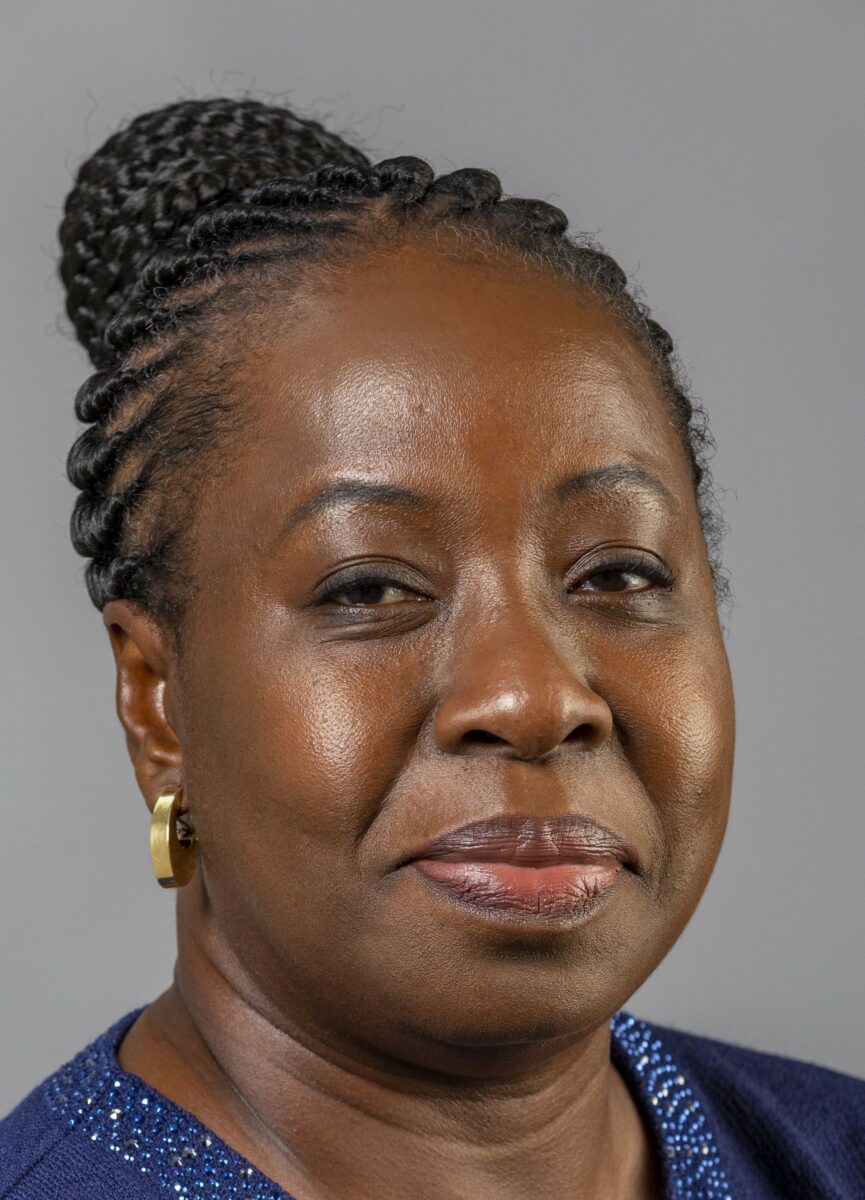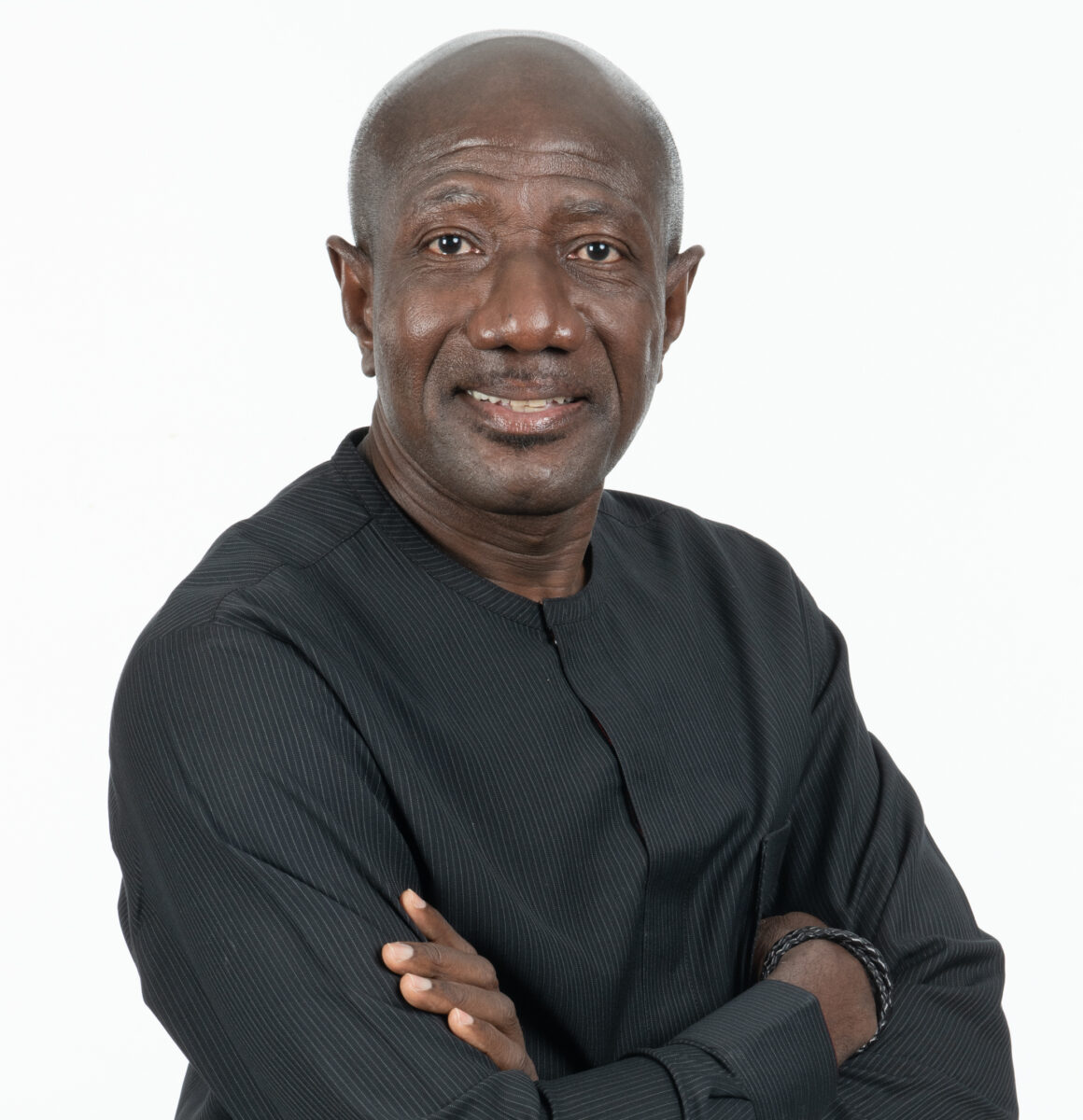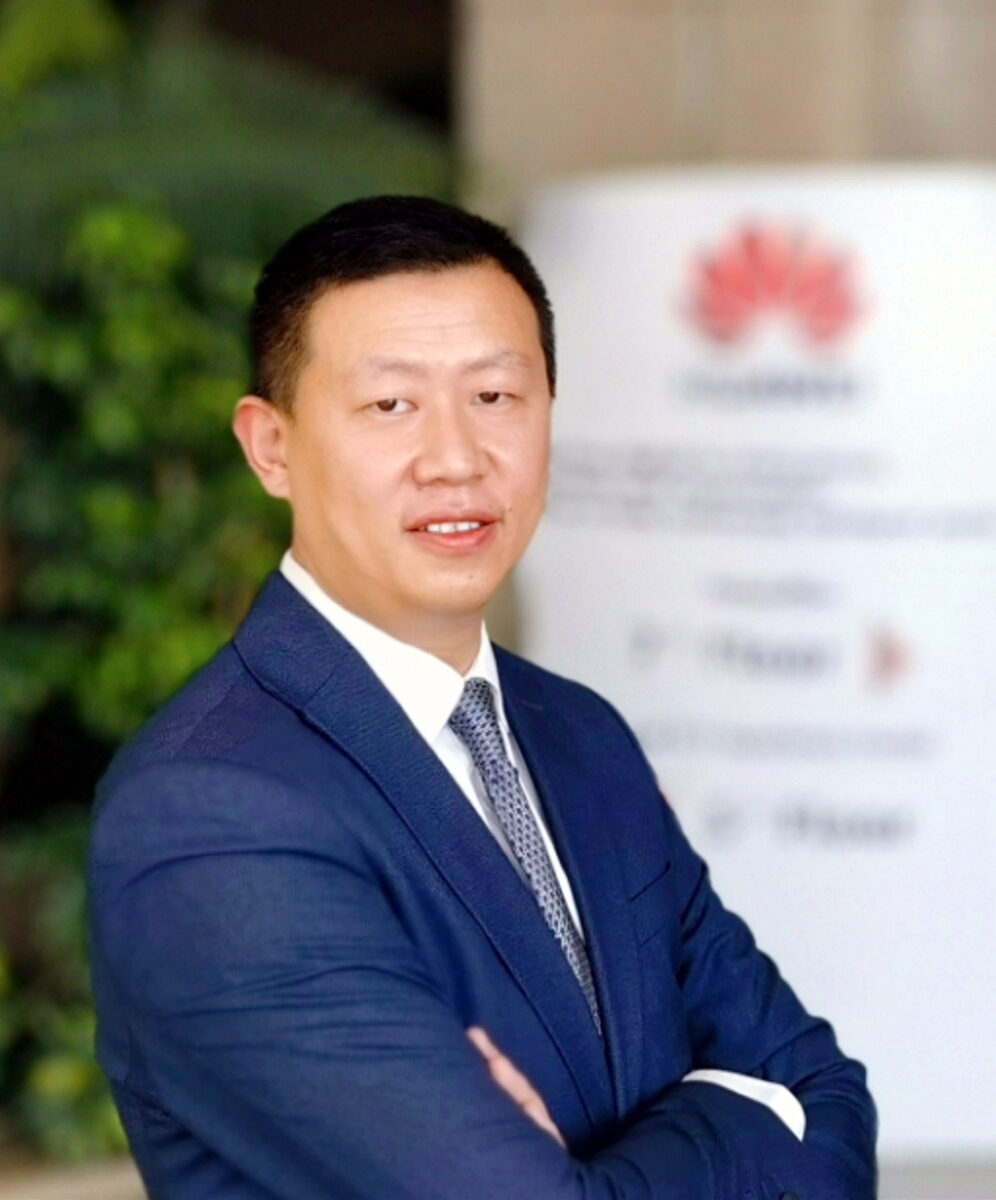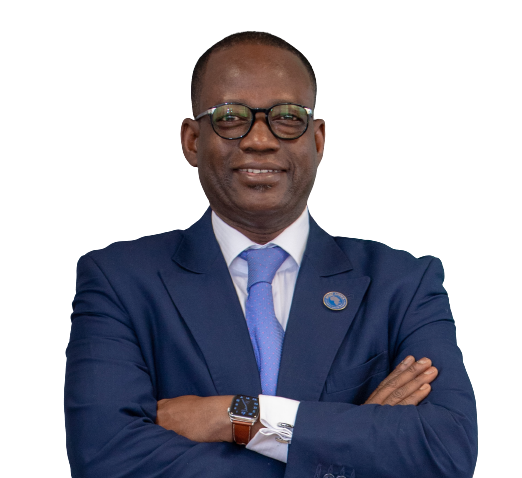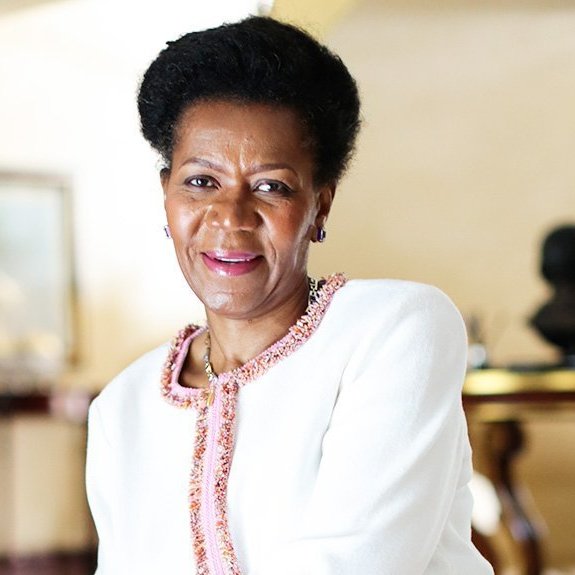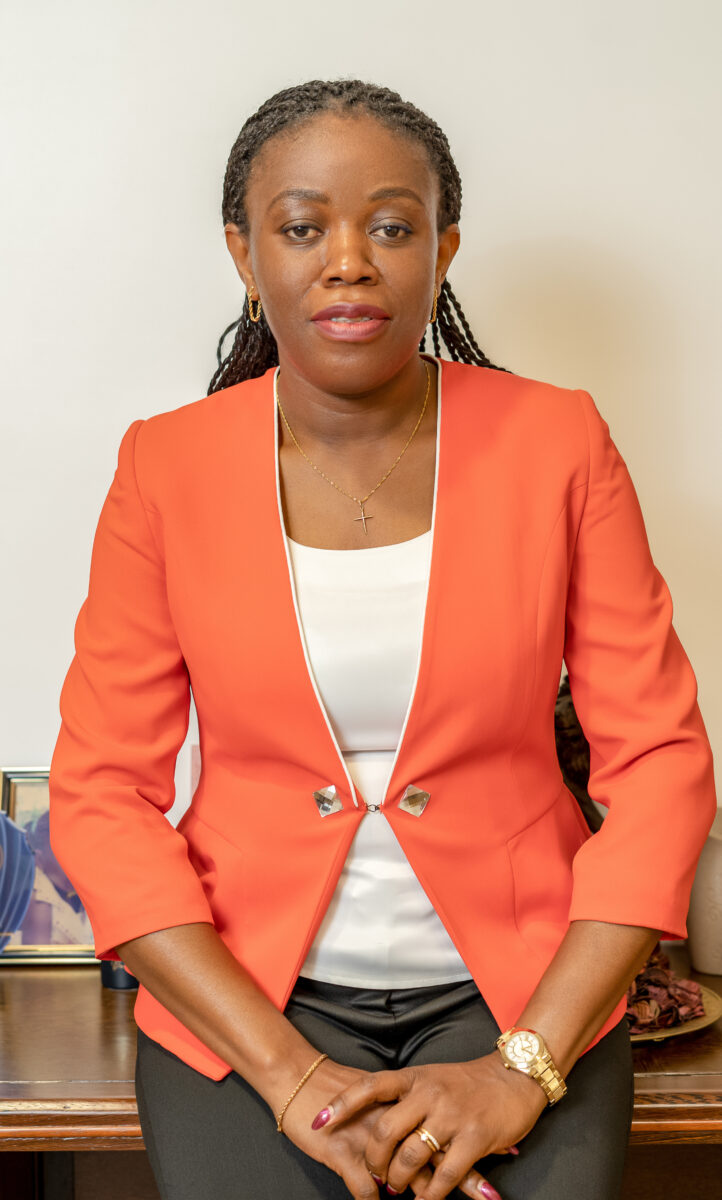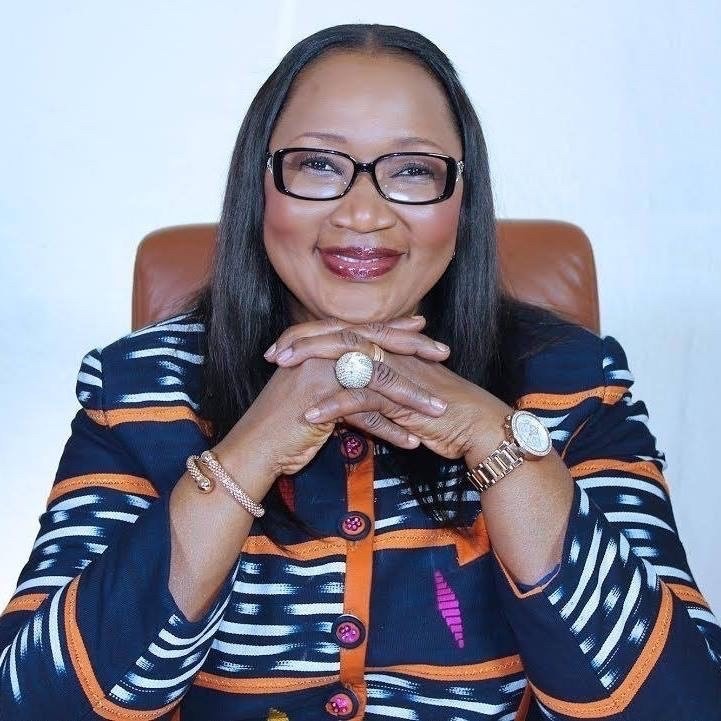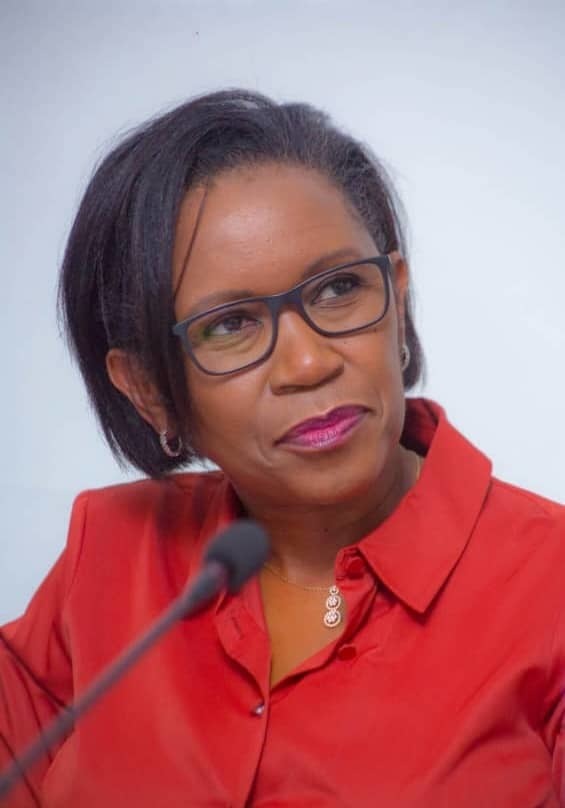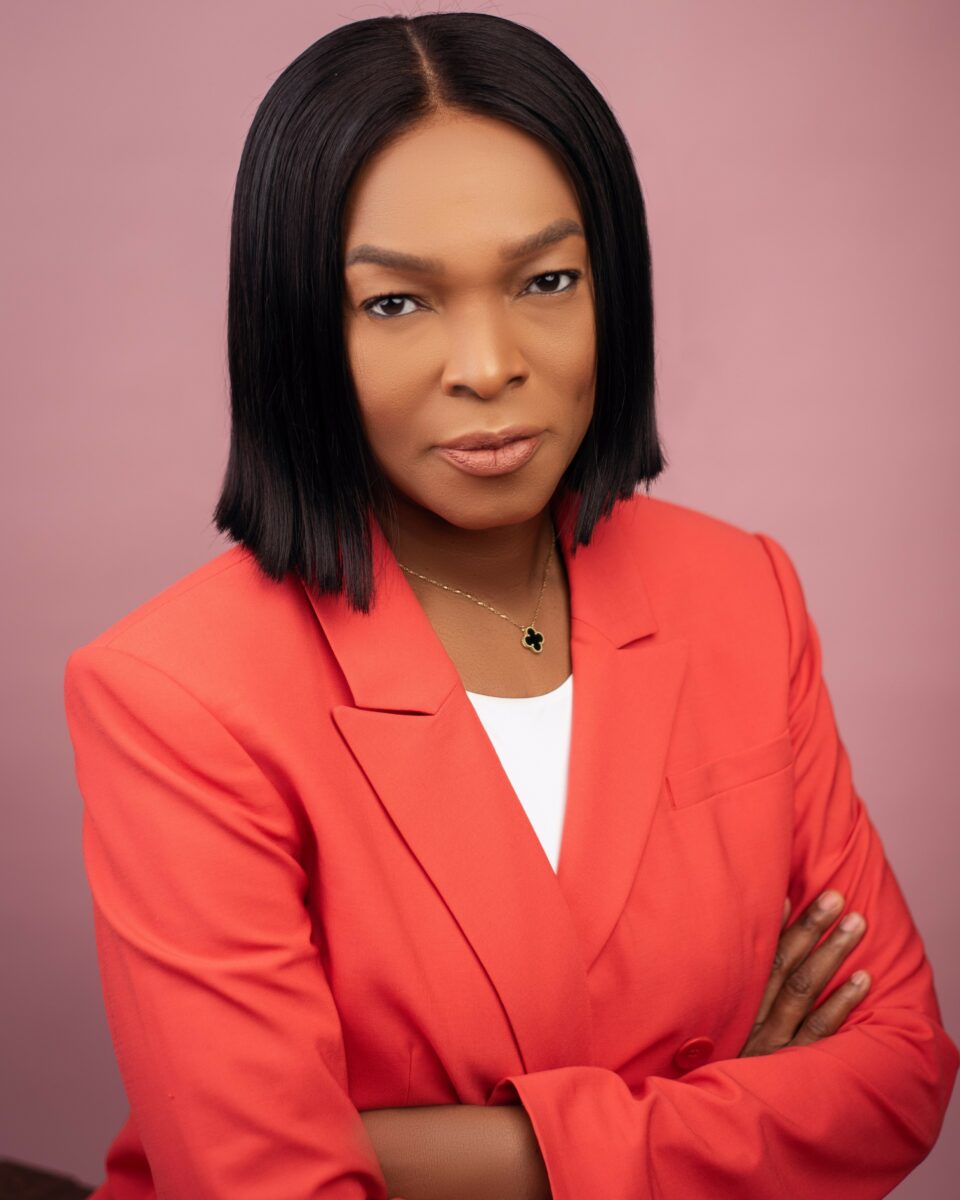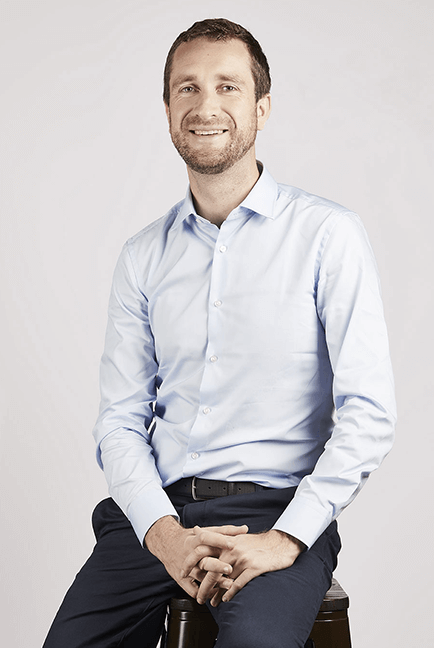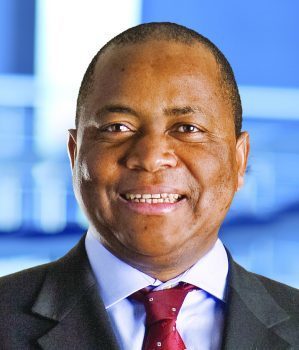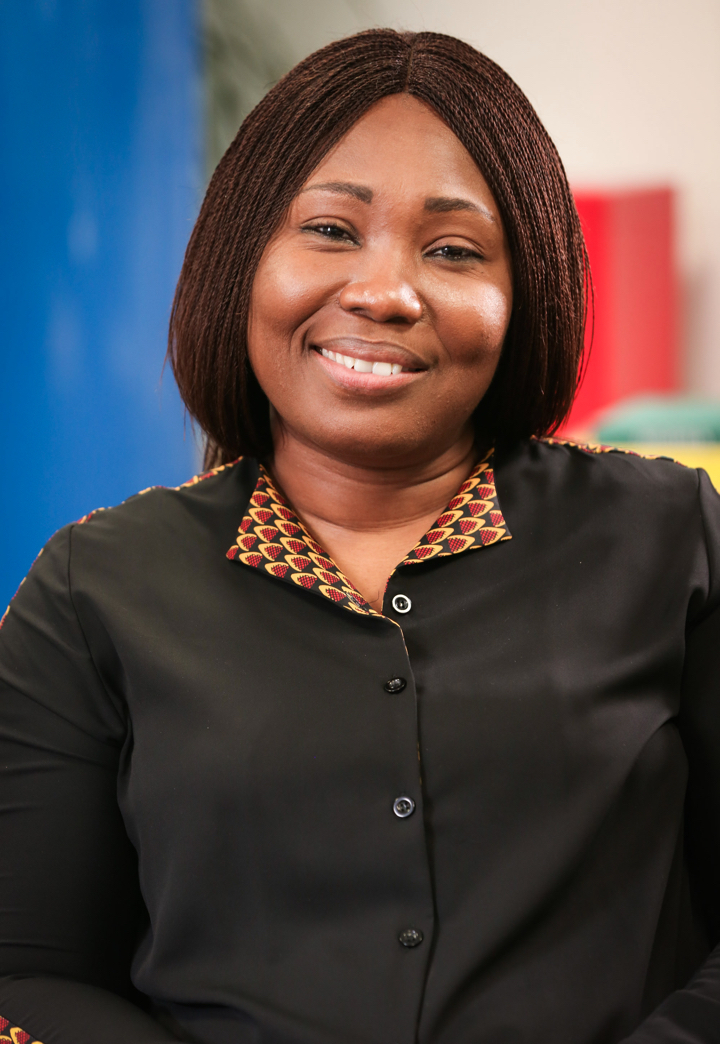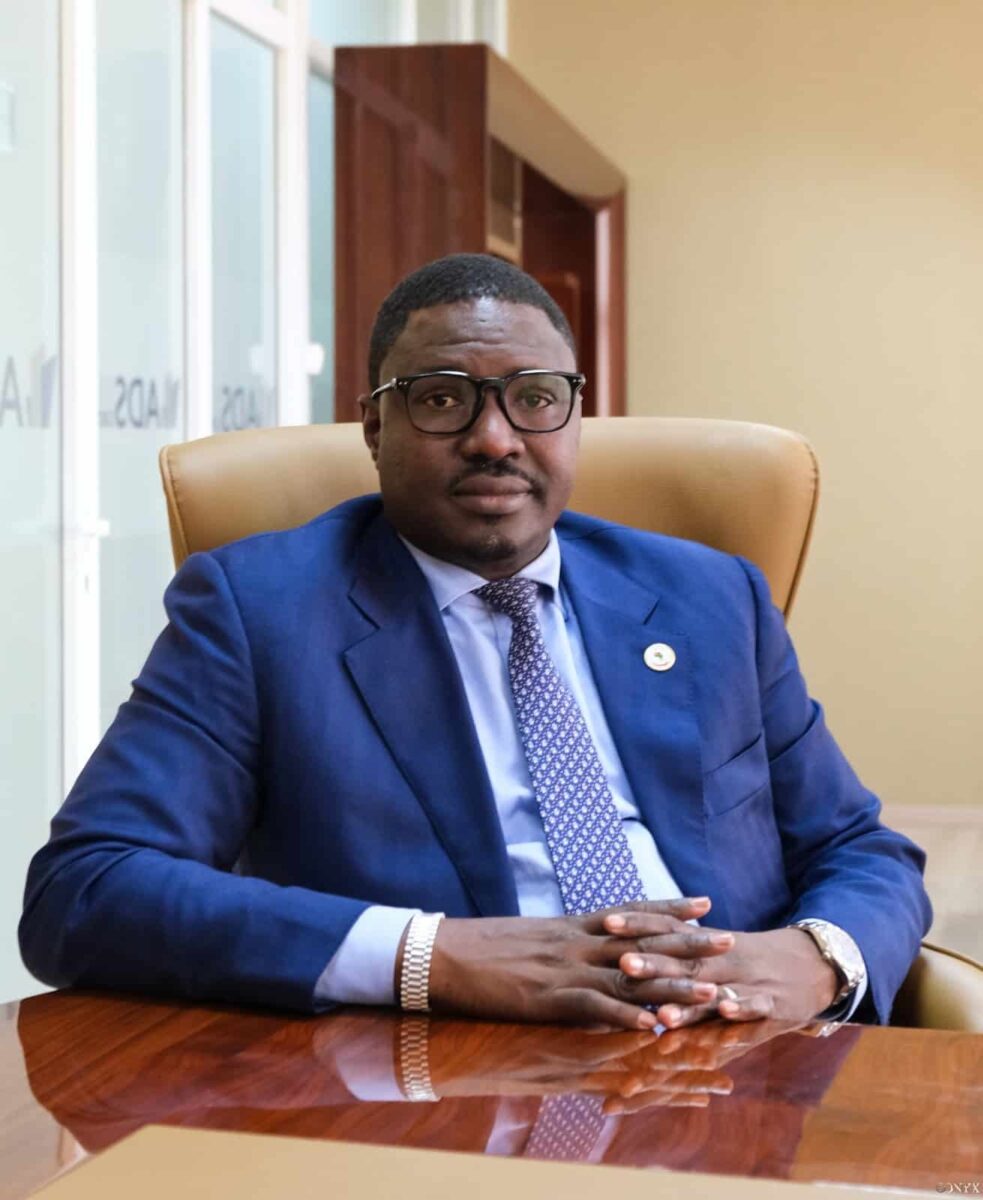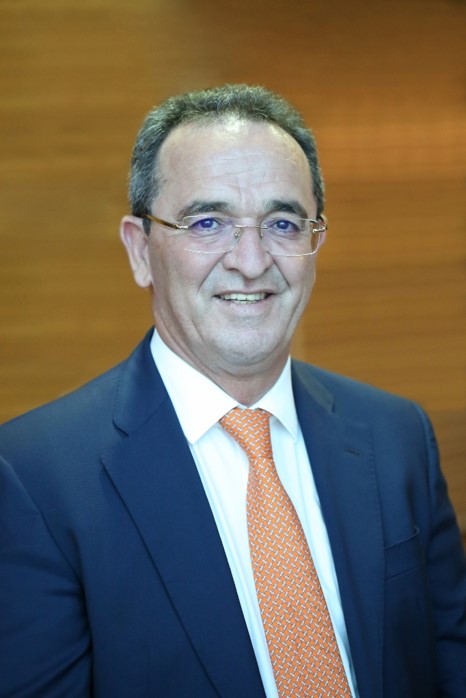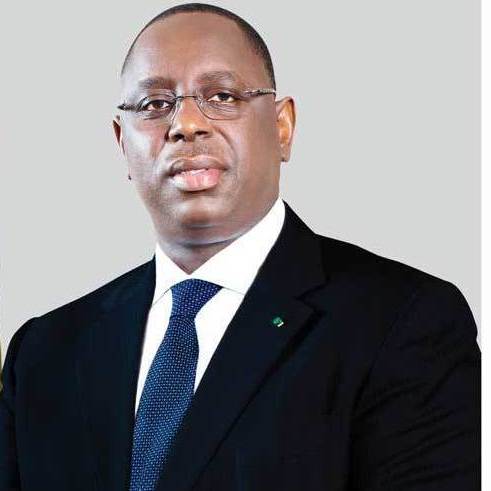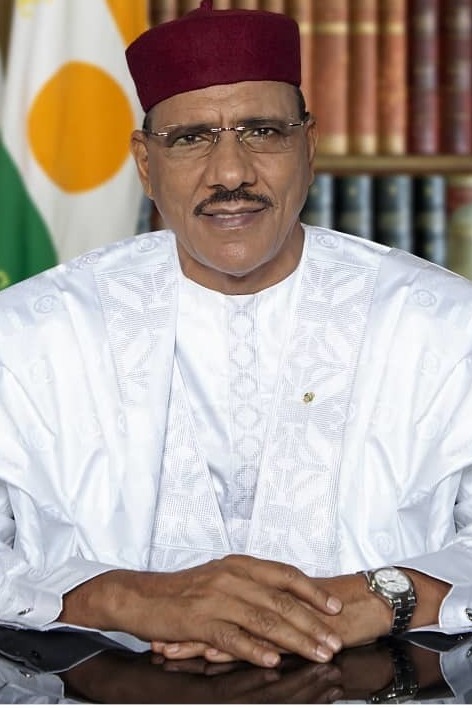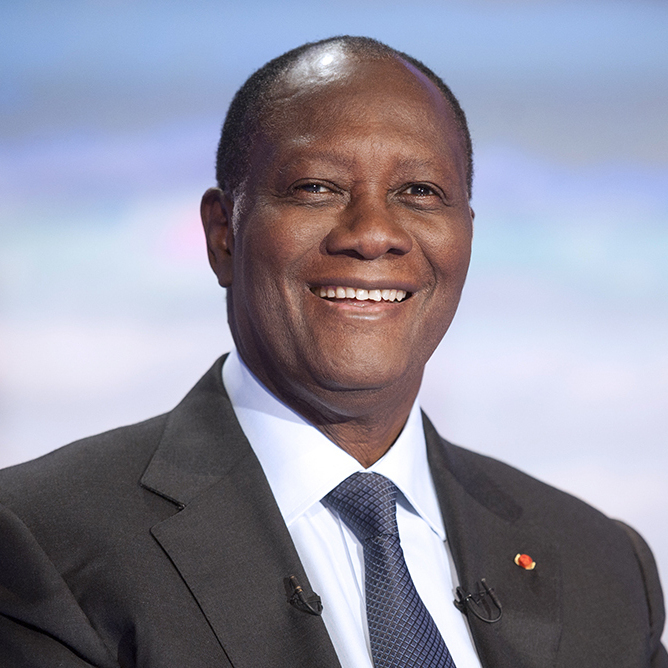-
INDUSTRY OUTLOOK | ELECTRICITY - Energy transition: What place for African natural gas in the future mix?
Debates are raging around gas. A polluting fuel, a key transition resource or a green energy? At COP26, 39 countries pledged to stop foreign financing of fossil fuel projects, including gas, by the end of 2022. Two months later, the European Commission proposed, subject to conditions, to classify gas financing projects as ‘green investments’. For Africa, where 40% of electricity production comes from gas, this debate is crucial. Despite progress in clean energy, renewables (excluding hydro) will only provide 10% of the continent’s electricity in 2030. How can African gas, an offshore resource and primarily exported raw, contribute to Africa’s electricity mix amid a green revolution?
Key points
-
Batteries and green hydrogen: How are technological innovations impacting investments in African gas?
-
How to finance offshore gas projects to contribute to Africa’s electricity mix?
-
Non-producing countries: Should they bet everything on renewable energy?
-
-
INDUSTRY OUTLOOK | AGRIBUSINESS - Can the new wave of special agri-processing zones be a gamechanger ?
Sub-Saharan Africa ships the majority of its $40bn annual agricultural exports raw without value addition (cocoa 74%, cotton 70% and cashews 95%) and imports much of its food. To remedy this, dozens of agricultural processing zones are being developed across the continent – eight of which are in Nigeria with a total investment of $570m. One of the objectives is to solve the sector’s recurring problems, such as high freight costs, limited access to storage, electricity, and a traceable raw material supply. What is the recipe for these zones to become a real source of value that attracts agro-industrial leaders?
Key points
-
Staple vs export crops – identifying national and regional priorities
-
How should the zones operate? Governance, tax and a domestic company preference
-
Route-to-market – how innovative approaches are fixing broken value chains
-
-
BUSINESS CASE | M&A: Keys to acquiring an SME
Though business acquisitions can help companies expand geographically, gain market share, add new skills and diversify portfolios, M&A operations are relatively rare on the continent. In this session, chaired by investment bank KeysFinance Partners, two business leaders recount the main challenges they met when acquiring another business, such as determining the target company, assessing its value in an uncertain environment, making the deal, and integrating the business post-acquisition.
-
INVEST IN | Senegal
As the foremost annual meeting of the private sector on the continent, the AFRICA CEO FORUM is the leading platform for public-private dialogue. ‘Invest In’ sessions allow CEOs and investors to meet with high-level African government officials to gain deeper insight into their countries’ economic development strategies. These sessions provide exposure to a variety of key sectors, business environments, and public and private investment opportunities.
-
CONVERSATION WITH | Mamadou Sangafowa Coulibaly & Luca Vignati
Last September, Côte d’Ivoire announced a “major discovery” of oil and offshore natural gas: 1.5 to 2 billion barrels of crude oil and 1,800 to 2,400 billion cubic feet of gas. Developed by the Italian giant Eni, this discovery comes at a time when, from COP26 to the Ukrainian crisis, gas has gone from being an energy commodity on the verge of being abandoned to a strategic asset. How can stakeholders take advantage of this gas windfall while accelerating the country’s energy transition? Led by CNN journalist Larry Madowo, Côte d’Ivoire’s newly appointed Minister of Mines, Oil and Energy, Mamadou Sangafowa Coulibaly, appointed at the end of April 2022, and Luca Vignati, Eni’s head of upstream, discuss the opportunities that gas offers for Côte d’Ivoire and Africa.
-
KEYNOTE | UN Climate Change High-Level Champion
COP 27: What’s at stake for the African private sector?
There will be no room for “useless promises, pledges and buzzwords” at November’s United Nations Climate Change Conference 2022 (COP27) in Sharm El-Sheikh, according to UN Climate Change High-Level Champion for Egypt, Dr Mahmoud Mohieldin. Instead, the conference will be laser-focused on implementing climate projects. In this keynote address followed by an interactive audience Q&A, veteran economist and former Minister of Investment for Egypt, Dr Mohieldin, evaluates what’s in the balance as the world’s flagship climate conference returns to African soil.
-
WORKSHOP | WFC - What it takes to be a leader for gender equality
Despite abundant evidence that gender equality at board level is good for business, an overwhelming majority of organisations in Africa say advancing women into top board leadership roles is not a formal business priority. Yet diversity at the top is essential for a high-performing and innovation-oriented organisation. In this workshop you’ll hear from some of the influential leaders on the continent who’ve made an impact on gender equality through their work. They will identify the components, opportunities and challenges to achieving gender justice at the top.
-
How can we promote gender parity at board level as smart economics?
-
What are key practices that can help African organisations close the gender gap in board leadership?
-
How can we better monitor, evaluate and improve Gender Equality plans?
-
-
INDUSTRY OUTLOOK | FMCG - New tactics for conquering African consumers
A decade ago, the AfDB claimed that 300 to 500 million Africans belonged to the middle class. Such a figure, coupled with population forecasts, painted a rosy future for the retail and consumer goods sector. However, the reality proved to be more complex: nearly 70% of this so-called middle class is spending between $2 and $4 a day and the group’s habits differ significantly from other geographies. Now COVID-19 has stalled the growth of this middle class and is putting pressure on daily spending, while driving more consumers online. How can market players adapt to the changed dynamics and deliver packaging, product sizes and prices tailored to the modest purchasing power and preferred shopping channels of the average African consumer?
Key points
-
Their means and needs: Who is the African consumer?
-
High costs vs. limited purchasing power: Getting the size of the offering right
-
Digital banking and e-commerce: What are the consequences for points of sale?
-
-
PANEL | CITIES - Megacities: Challenges and opportunities in an era of rampant urbanisation
By 2050, 25% of the world’s population (2.5 billion people) will live in Africa, over 1 billion of whom will live in urban areas. At a time when most African megacities are already heavily populated and seemingly unable to accommodate millions of additional residents (32 million estimated for Lagos by 2050), private sector investment opportunities are tremendous. From pollution control, a clean energy transition, and urban development planning to property rights reform, improved roads, digital infrastructure, and transport systems: what should be the urban planning priorities in Africa? And how should the private sector and national governments divide roles?
Key points
-
Property and financing: Building cheaper and faster to meet growing housing demand
-
Transport and infrastructure: Ensuring financial backers are aligned on city redevelopment projects
-
Clean energy and road network optimisation: Could digital urbanisation change everything?
-
-
STRATEGIC ROUNDTABLE | FINANCIAL INCLUSION & TAXES - Digitalisation: How to capture Africa’s $100bn public finance improvement opportunity?
The digitalisation of financial and administrative services offers formidable tools to accelerate and enhance financial inclusion while also allowing nations to broaden their tax base. For Africa, where tax rates are on average 20% of GDP (compared to 34% in OECD countries), digital technology and the digital revolution have created unparalleled opportunities for value creation. This roundtable will bring together government representatives, CEOs, and multilateral bankers to discuss the opportunities offered by a formalised digital economy.
-
INVEST IN | Mauritania
As the foremost annual meeting of the private sector on the continent, the AFRICA CEO FORUM is the leading platform for public-private dialogue. ‘Invest In’ sessions allow CEOs and investors to meet with high-level African government officials to gain deeper insight into their countries’ economic development strategies. These sessions provide exposure to a variety of key sectors, business environments, and public and private investment opportunities.
-
CONVERSATION WITH | Soren Toft
Danish national Soren Toft took the reins at Swiss shipping giant MSC Mediterranean Shipping Company in December 2020 and finds himself leading what is set to become Africa’s largest logistics enterprise. MSC this year signed a landmark deal to acquire Bolloré Africa Logistics for €5.7bn. In an interview with South African CNN anchor Eleni Giokos, Mr. Toft shares the company’s strategy amid global supply chains disrupted by the pandemic and conflict in Ukraine.
-
INDUSTRY OUTLOOK | TRANSPORT LOGISTICS - How the health crisis is revolutionising African logistics
The fallout from the COVID-19 pandemic caused port congestion, a shortage of empty containers and a spectacular increase of 126% in the volumes of maritime freight in 2021. The shock to logistics is so immense that it has brought about a massive reorganisation of supply chains, including a review of the type of goods packed in containers, a shortening of maritime routes and industrial outsourcing. Africa has seen fierce competition in logistics over the last decade and, in 2021, the launch of AfCFTA. Can it seize this opportunity to export higher added-value goods and expand its domestic market via overland routes? How can logistics specialists and carriers help deliver this transformation?
Key points
-
Repositioning fleets and containers: How will this affect maritime capacities and African exports?
-
How can the vertical integration of operators help Africa be part of future global supply chains?
-
Governments: How can states put the sector’s reorganisation to their advantage?
-
-
INDUSTRY OUTLOOK | HEALTH - Technology transfers and economies of scale: Unlocking potential in Africa’s pharma industry
The global pharmaceutical market is growing steadily and in 2020 surpassed €1 trillion in revenue. The African pharma market, with €15 billion generated in 2021 amid the pandemic, is timidly following this trend, despite the continent still struggling to access vaccines. To address this, many African governments are endorsing local production capable of meeting domestic needs, as well as exporting. But the sector in Africa remains constrained by a dependence on active pharmaceutical ingredient (API) imports, a shortage of qualified professionals, underdeveloped markets, and restrictive regulations. How can these barriers be overcome? What can be learnt from South Africa and Morocco, which cover 70 to 80% of their needs?
Key points
-
Harmonising regulatory frameworks regionally: Recognising marketing authorisations and patents
-
Technology transfers: How can African players form partnerships with the international private sector to promote knowledge sharing?
-
Local workforce: Training and retaining the talent Africa needs
-
-
INDUSTRY OUTLOOK | DIGITAL - Digital data: Greater control and smarter use
Digital data sovereignty has become a global geopolitical concern as well as a considerable economic opportunity. In a market dominated by US and Chinese tech giants, the location of data centres and harnessing data are critical issues. In Africa, $5 billion in annual investments are expected in the data centre market by 2026, a windfall that could enable governments and the private sector to regain control of the digital value chain. From regulation to harmonisation and data availability: how can stakeholders reconcile an independence strategy while protecting citizens and growing the digital economy?
Key points
-
National or regional; neutral, or sovereign: What economic model is needed to develop and host data infrastructure?
-
Data sensitivity: Balancing security with economic opportunity
-
Creating a data ecosystem to aid African start-up development
-
-
PANEL | WOMEN WORKING FOR CHANGE (WFC) - The last rung on the ladder
How women come to be underrepresented in top jobs – such as through cultural factors and informal networks dominated by men – is well documented. The proportion of African women in top leadership positions falls dramatically the higher one looks in corporate and institutional hierarchies. In 2021, only three women headed one of Africa’s 50 most powerful corporations. Lack of diversity at the top has a high cost for the continent’s prosperity. Numerous studies show that stronger women’s representation in top leadership roles leads to greater success at private companies. How can barriers be turned into bridges for female leaders? What will it take to break inequality at the top?
Key points
-
Success stories: Learning from women in top leadership positions across sectors in Africa
-
How can gender parity at executive and board levels be promoted as smart economics?
-
Filling data gaps on female leaders in African businesses and the benefits
-
-
BUSINESS CASE | Data: How to get value from data and algorithms?
Data and AI have become a strong source of value creation and competitive advantage globally. In Africa, given the level of data maturity, the business potential, and possibilities to differentiate from competitors, is great. However, successfully leveraging data and integrating it into decisions and operations on the ground requires a transformation laden with challenges, from access to talent and investment in technology to compliance with ever-changing regulations and a focus on high-value use cases. Two leaders share their experiences on how they are making the most of data and how to build consumer trust.
-
STRATEGIC ROUNDTABLE | HEALTH - Initiatives and reforms for long-term e-health viability
E-health, widely regarded as a business of the future, finally seems to have taken off on the continent. Venture capital firms, having doubled investments in healthcare since 2015, are enthusiastically embracing digital apps, which have seen renewed interest on the back of COVID-19. Multilateral bankers, capital investors, entrepreneurs and lawmakers will meet for this roundtable to determine the priorities for achieving sustained growth in the e-health sector.
-
STRATEGIC ROUNDTABLE | Waste Management : Accelerating the transition to the circular economy
African countries on average generate about 0.5 kg of waste per person per day, which is the lowest globally. However, aggregate waste generation is expected to exceed 500 million tons per year by 2050, compared to less than 200 million today. To improve the Solid Waste Management (SWM) system, countries increasingly rely on support from the private sector which has in some instances helped to relieve the financial pressure on municipalities and provided operational expertise. Nonetheless, the average collection rate is expected to remain below 70% by 2025. During this closed-door session, key CEOs, bankers and government representatives discuss how to coordinate a multistakeholder push to accelerate the transition to more sustainable systems.
-
CEO TALK | The Africa we want
The COVID-19 pandemic has highlighted Africa’s dependence on the rest of the world. In 2020, the continent saw its worst recession in 50 years, with foreign direct investment plummeting 16% and exports falling 8.5%. This has resulted in renewed calls for intra-African trade (~15% of total trade) and local manufacturing to underpin Africa’s growth strategy. But how do business leaders perceive this ambition? And how can they help deliver on a strategy for economic sovereignty? The continent’s top CEOs share their visions of a more shock-resilient Africa.
Key points
-
Does the quest for economic sovereignty threaten private sector competitiveness?
-
AfCFTA: Breaking the deadlock
-
How can the private sector become more involved in defining national strategies?
-
-
PRESIDENTIAL PANEL | Overcoming the crisis
Alerts are multiplying on security and stability in Africa. The Russian offensive in Ukraine, which came after two long years of a global health crisis, disjointed value chains and caused global shortages, pushing prices up, particularly wheat (+70% since January). This is worsening an already strained continental food situation, a consequence of excessive dependence on imports, the increase in extreme climatic episodes and a degraded security situation, particularly in the Sahel. Armed conflicts and food insecurity feed each other in a vicious cycle. Three African presidents are meeting to discuss ways to overcome the current and future food, security and climate crises.
-
CLOSING CEREMONY


